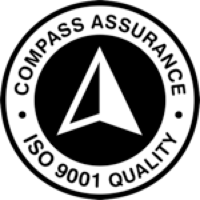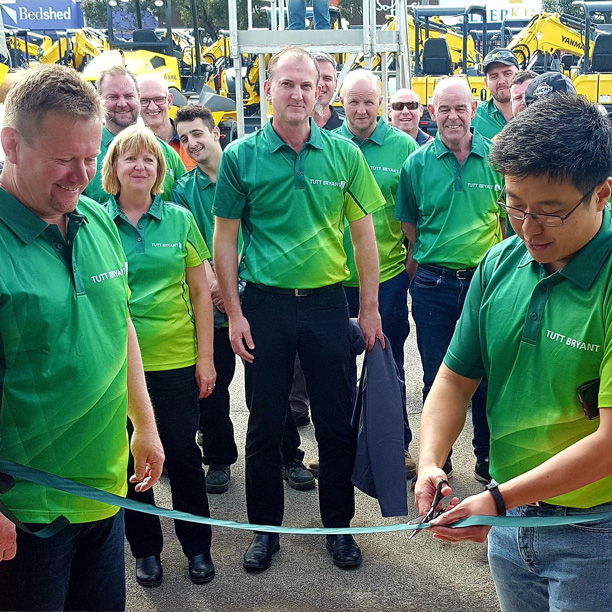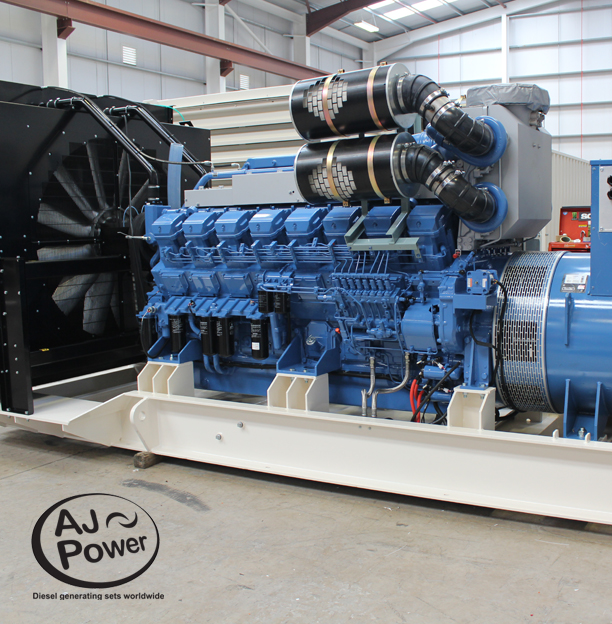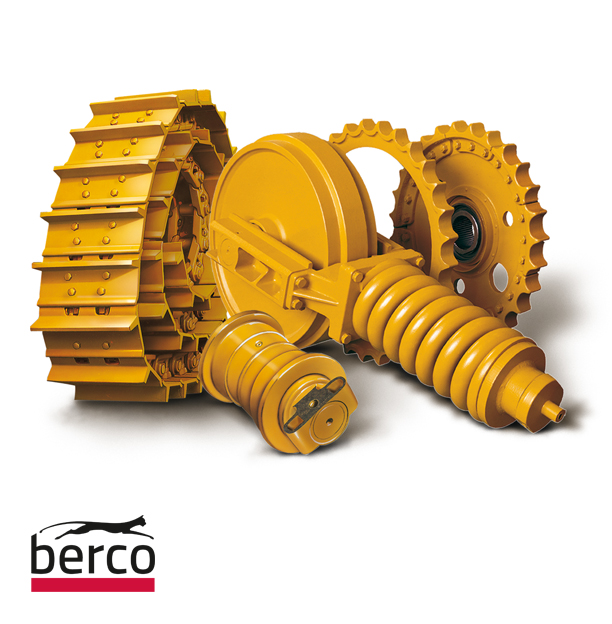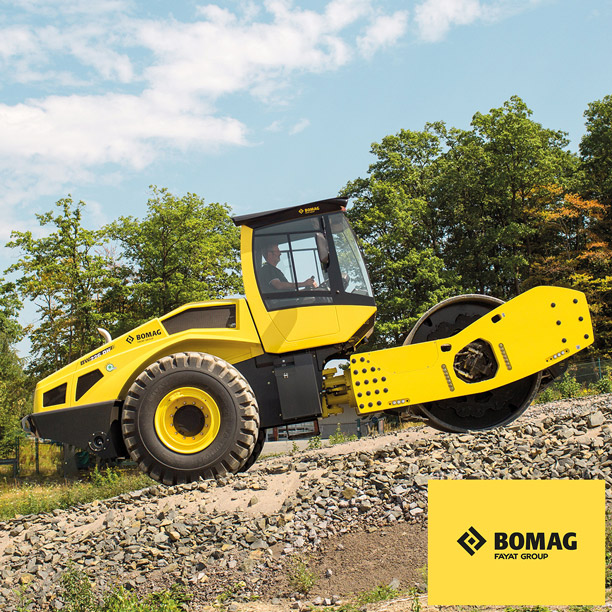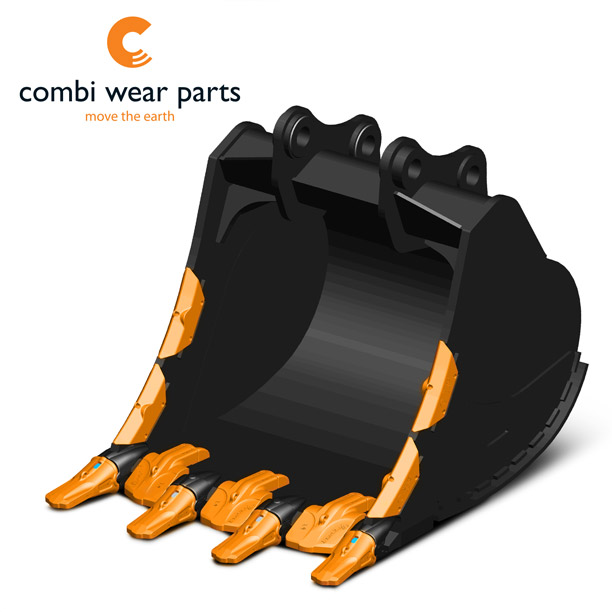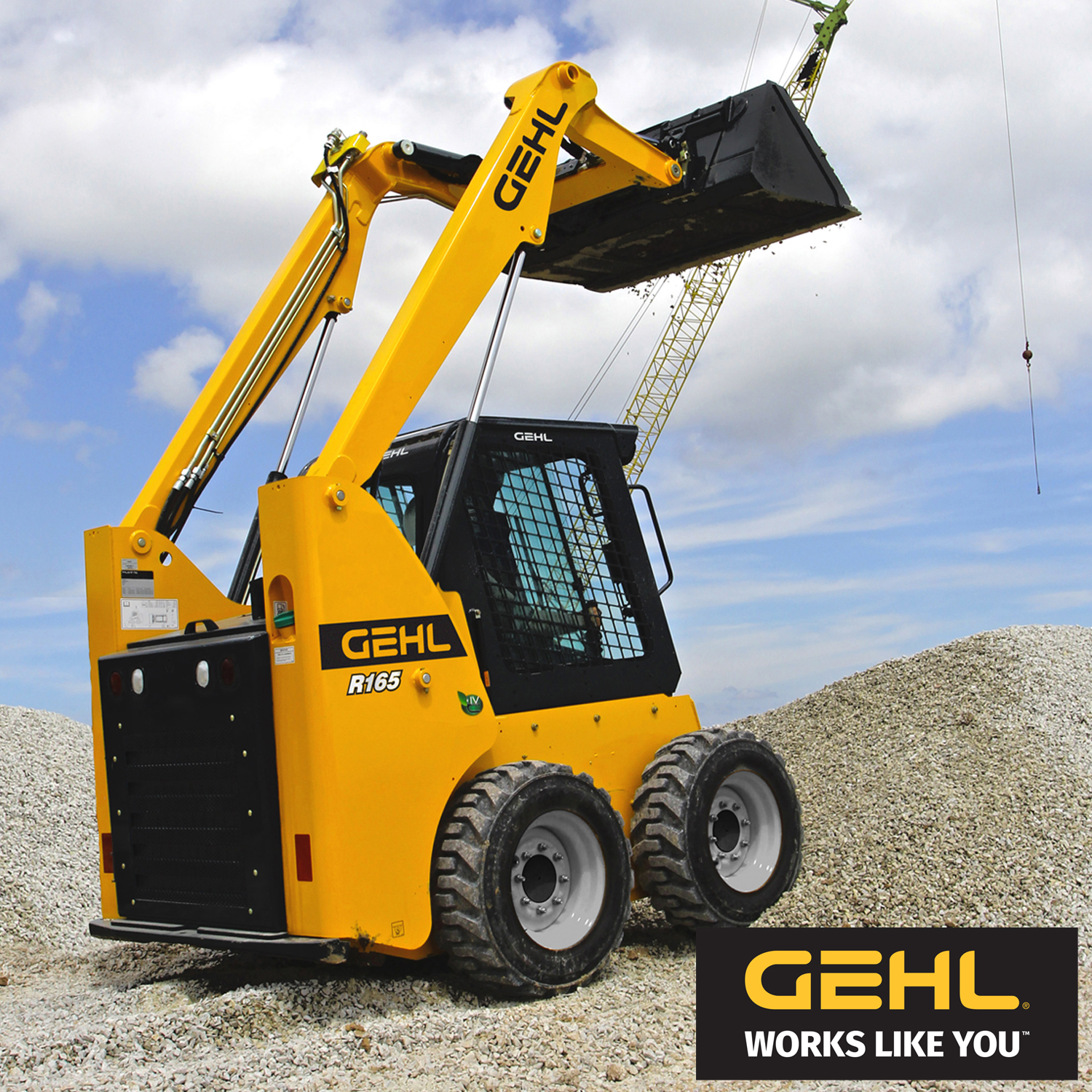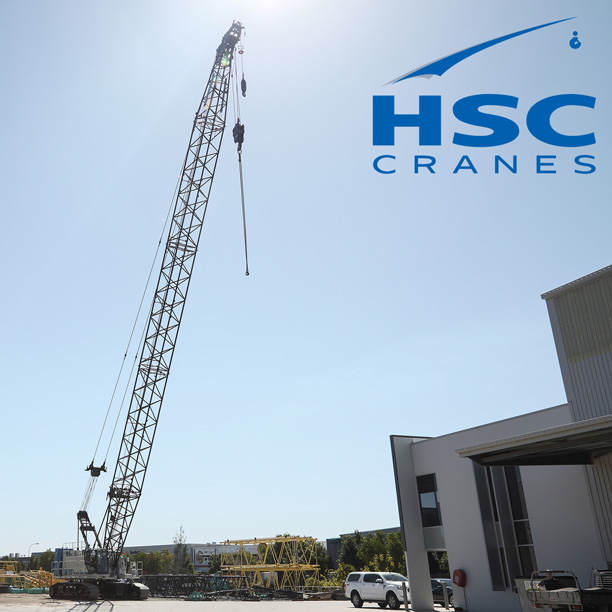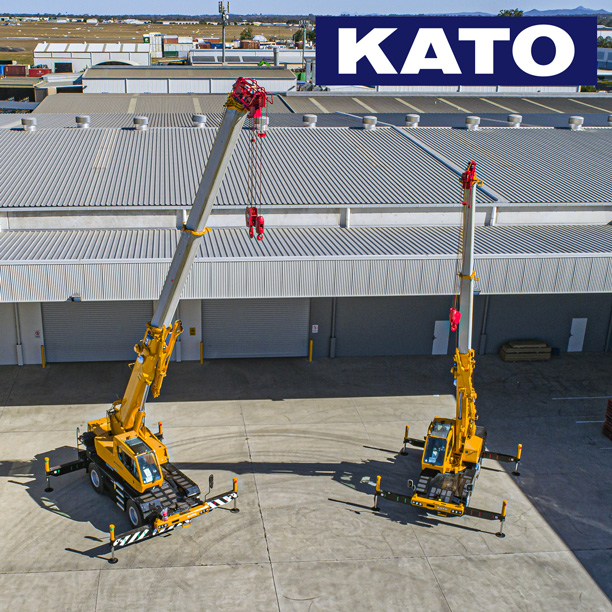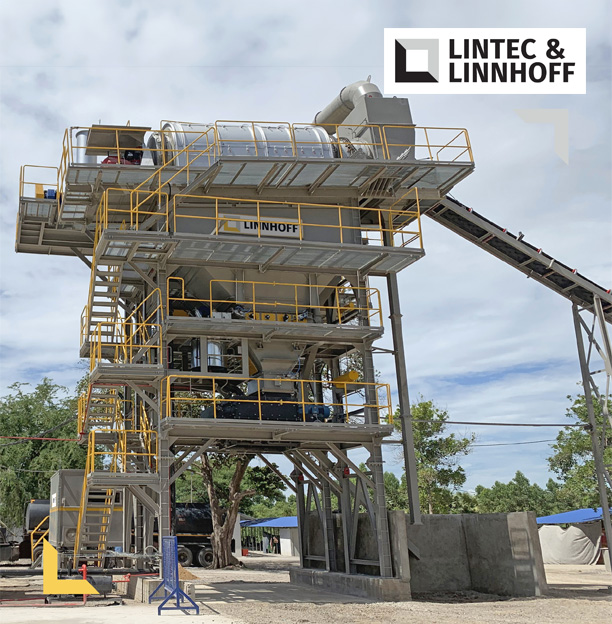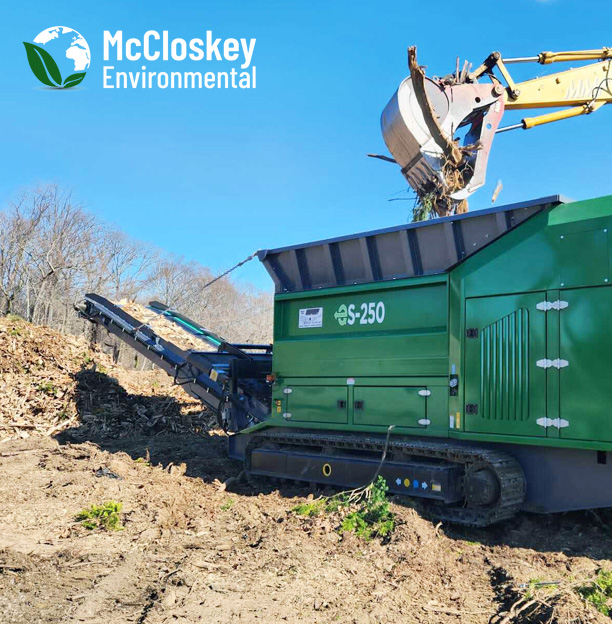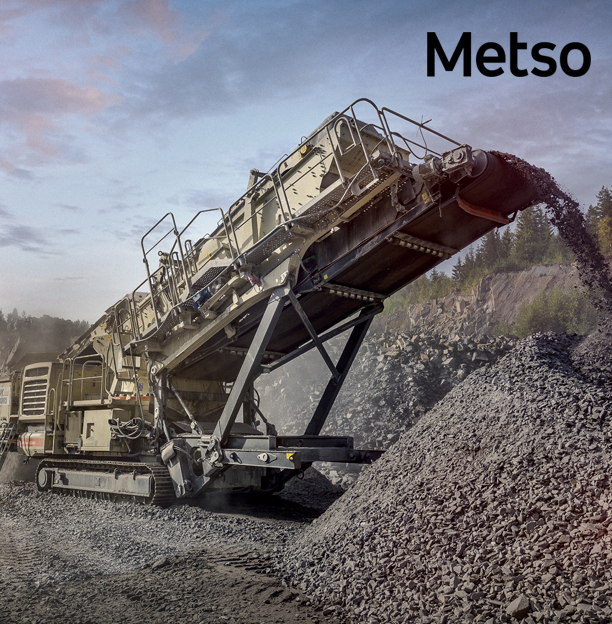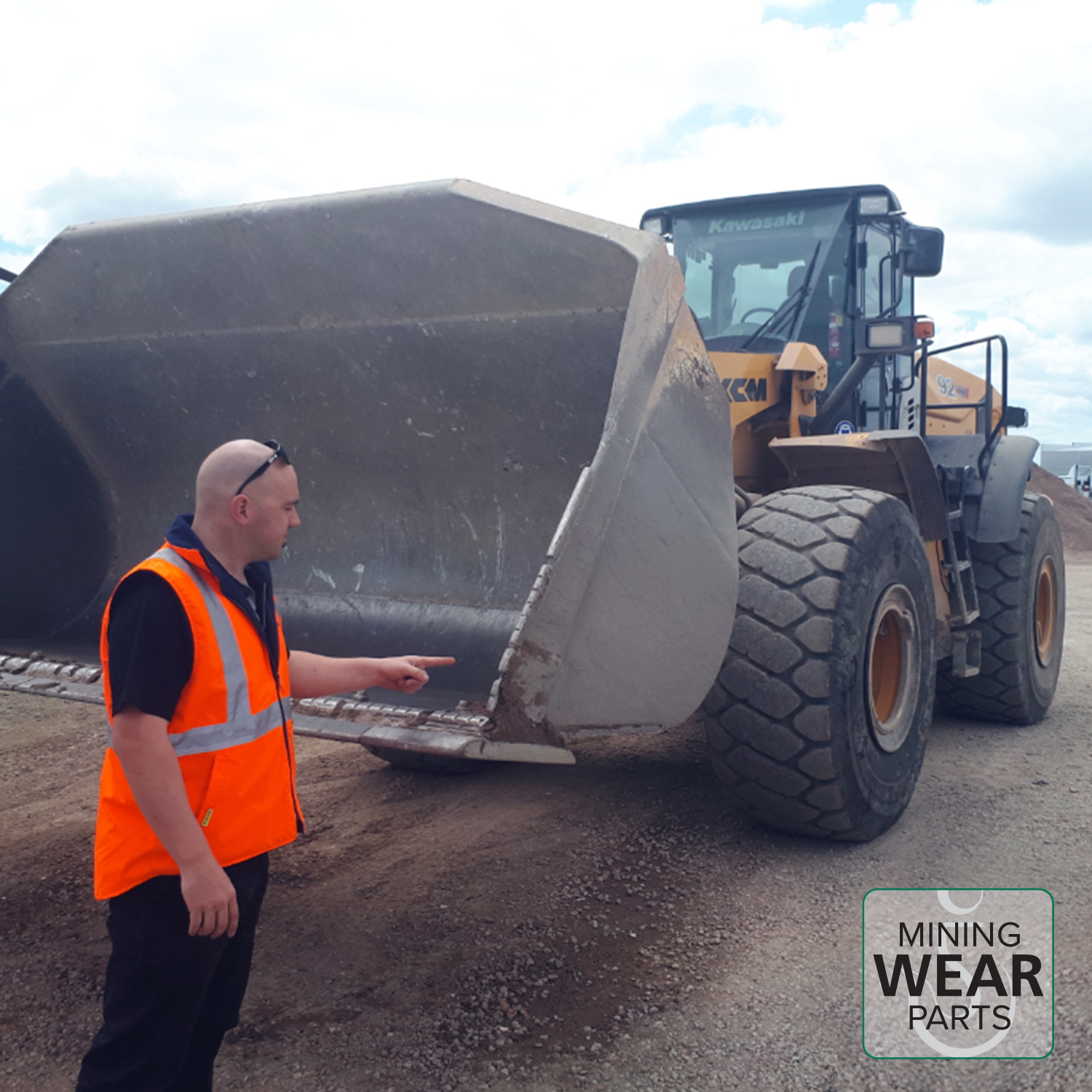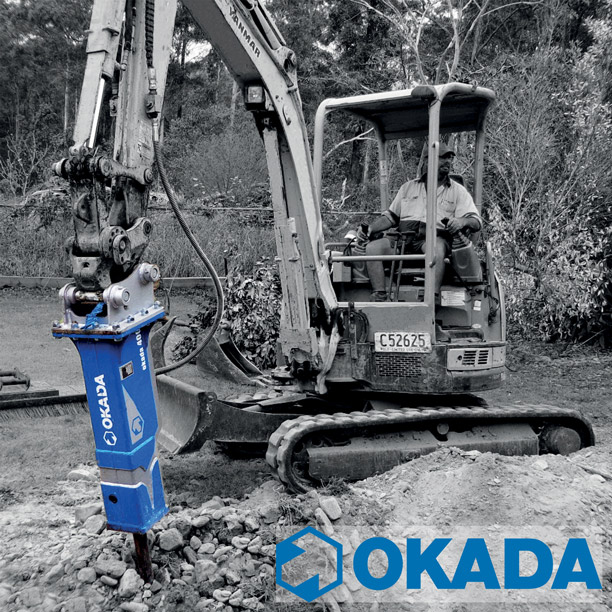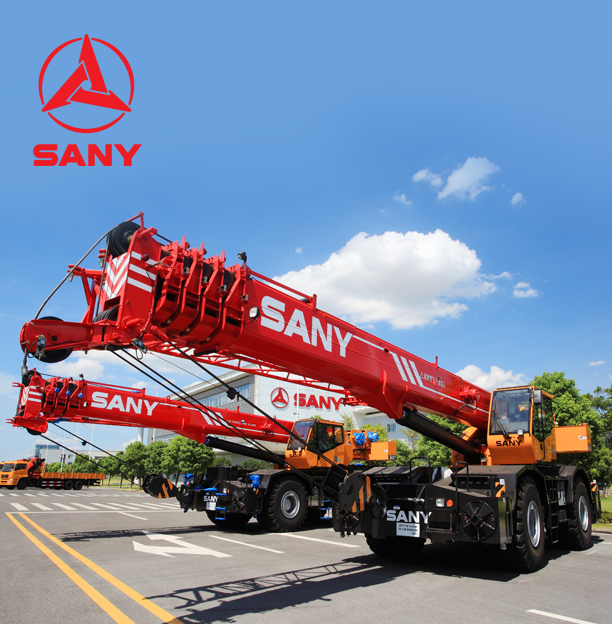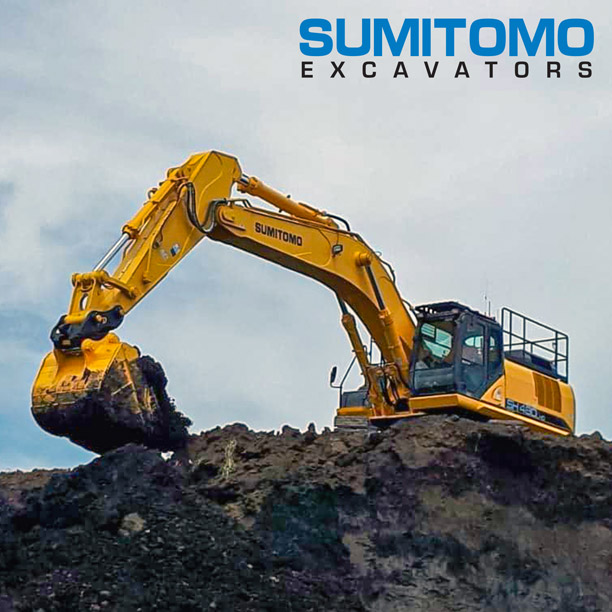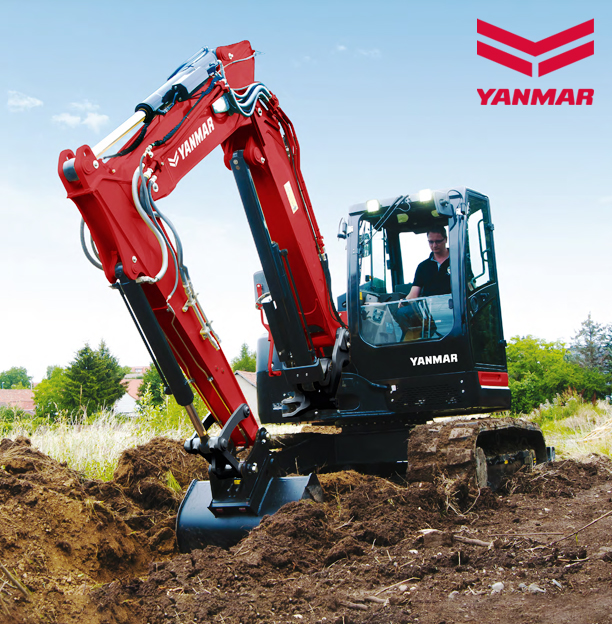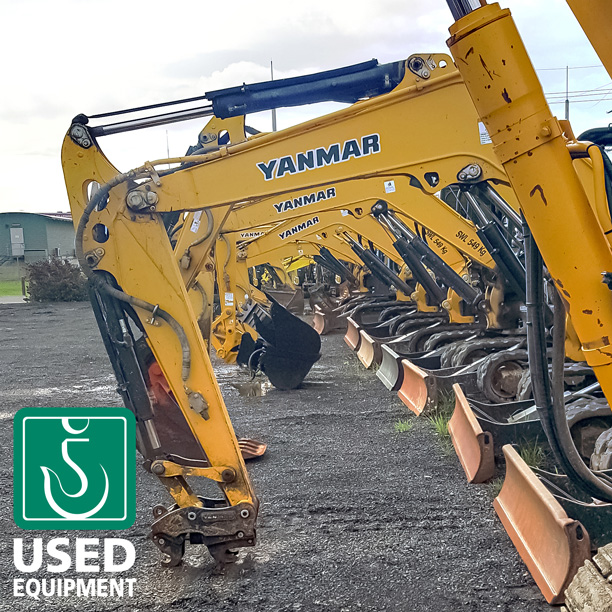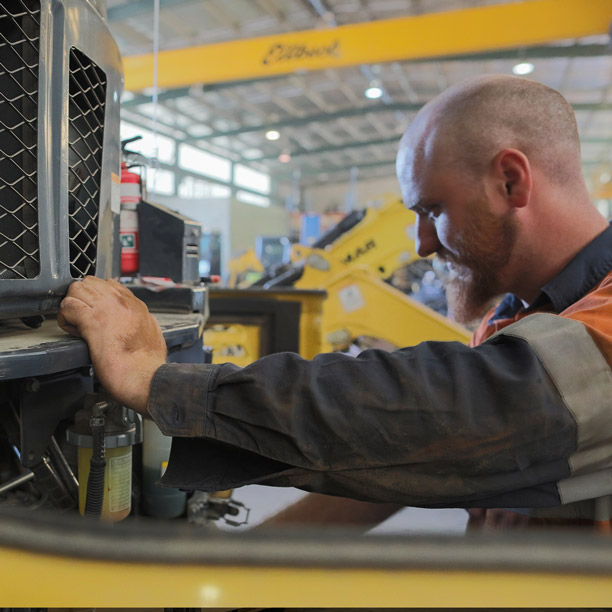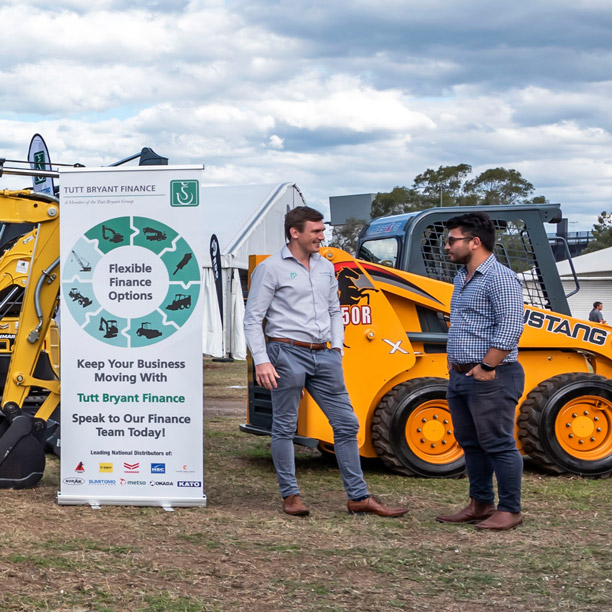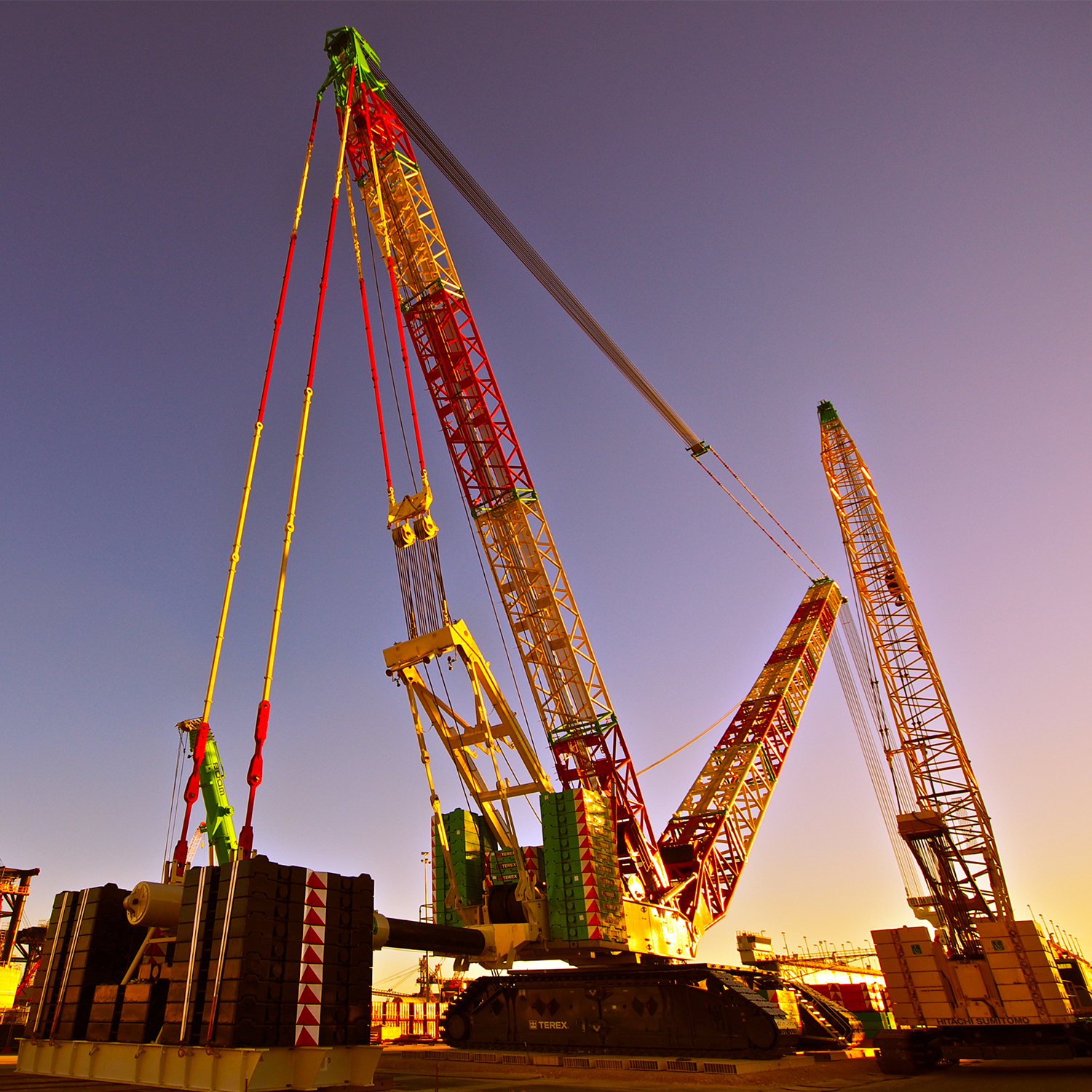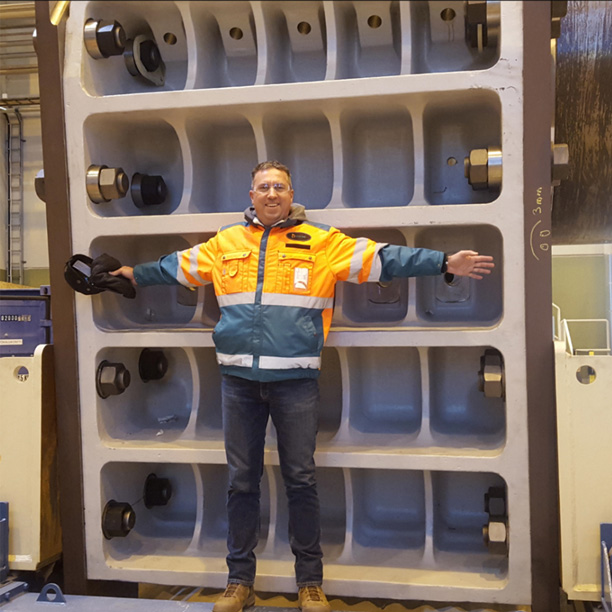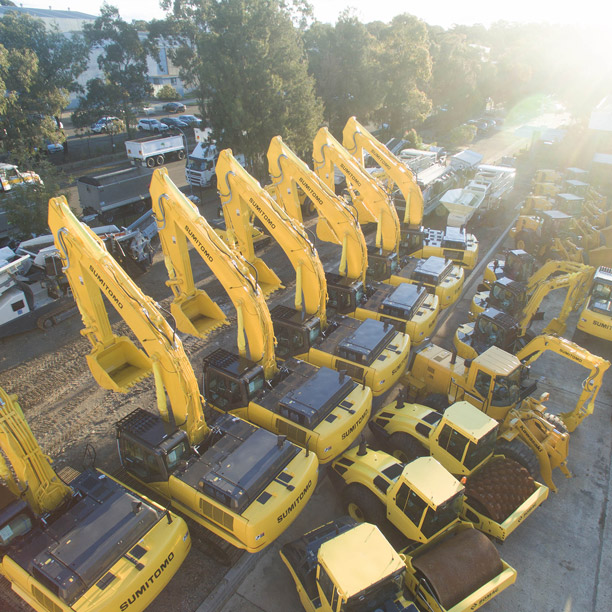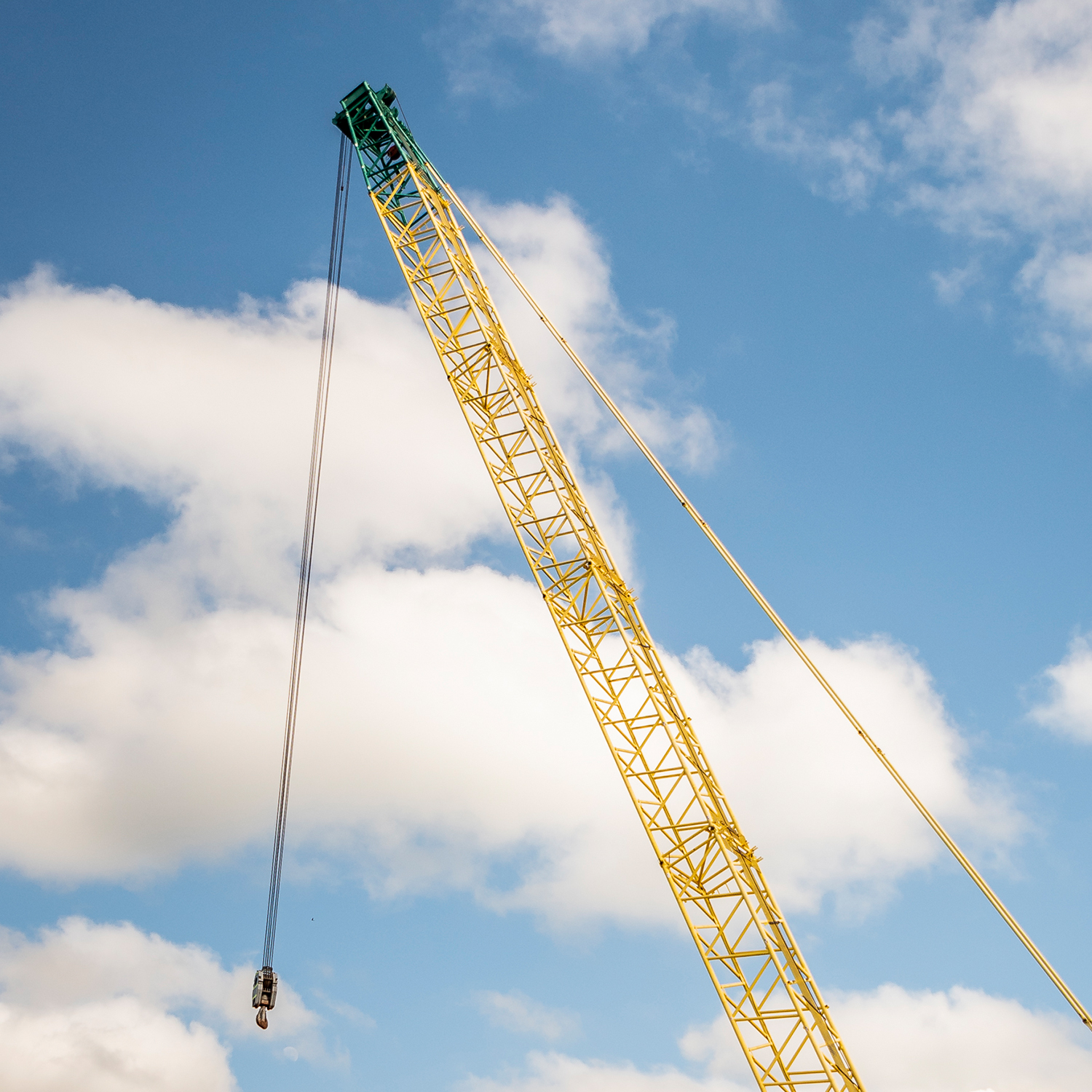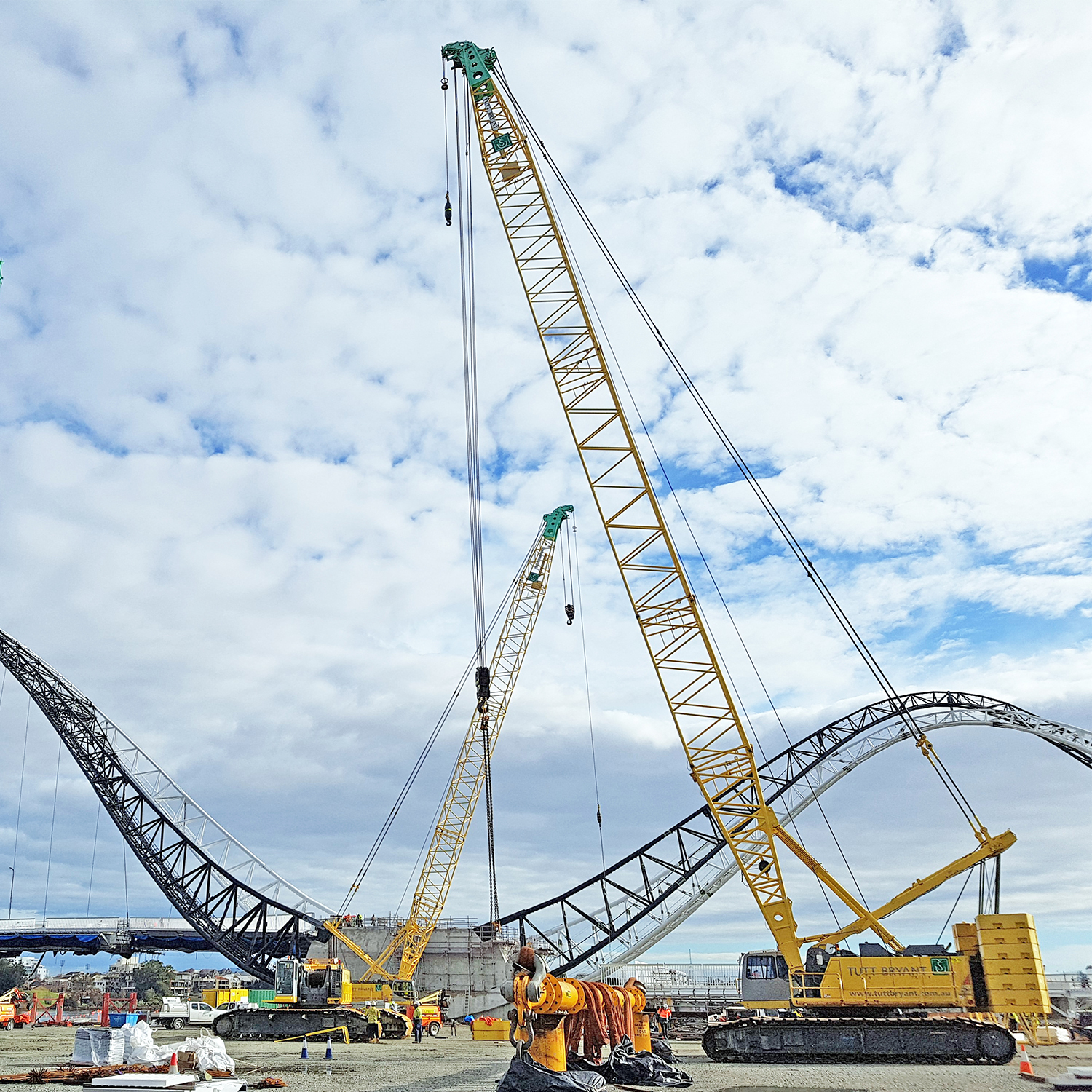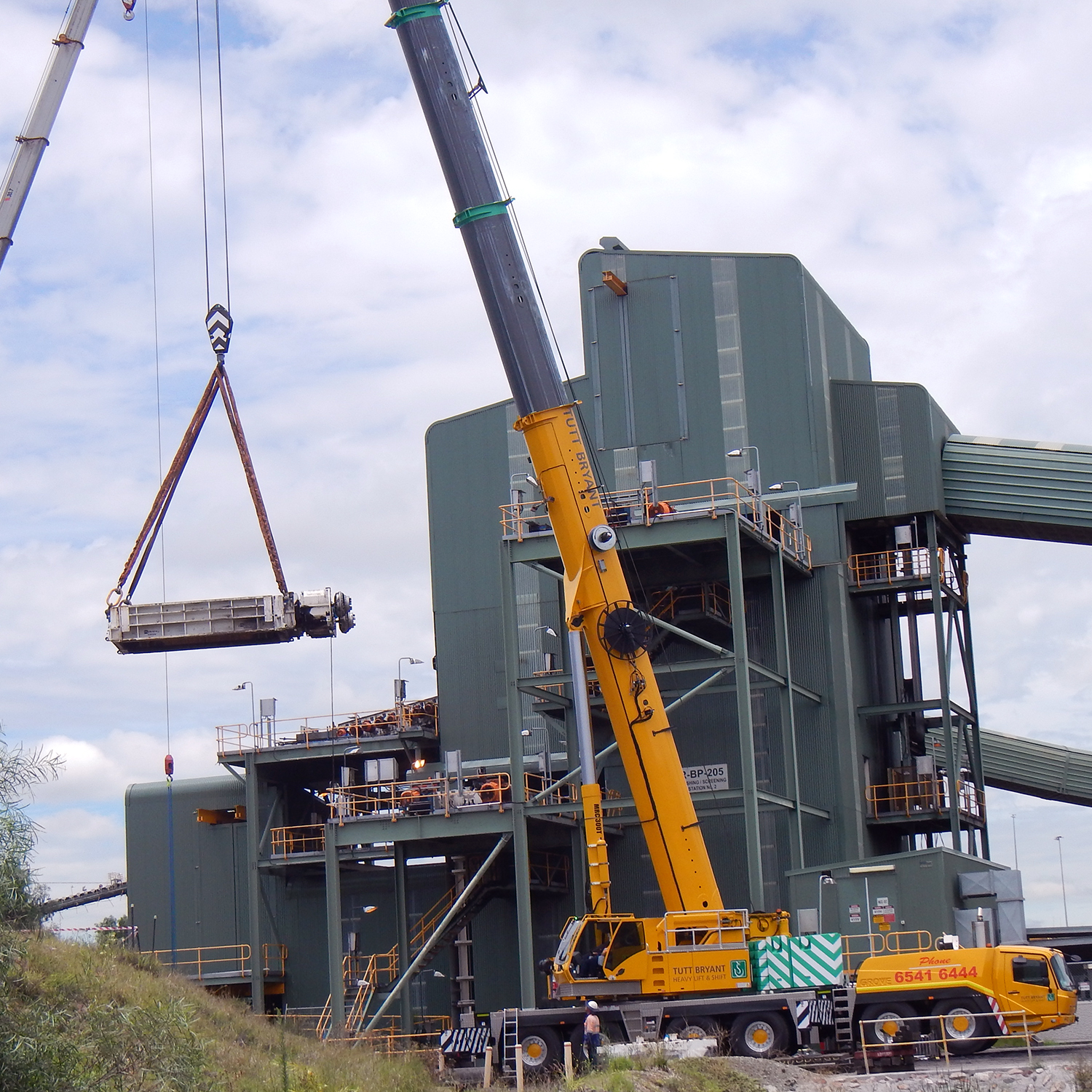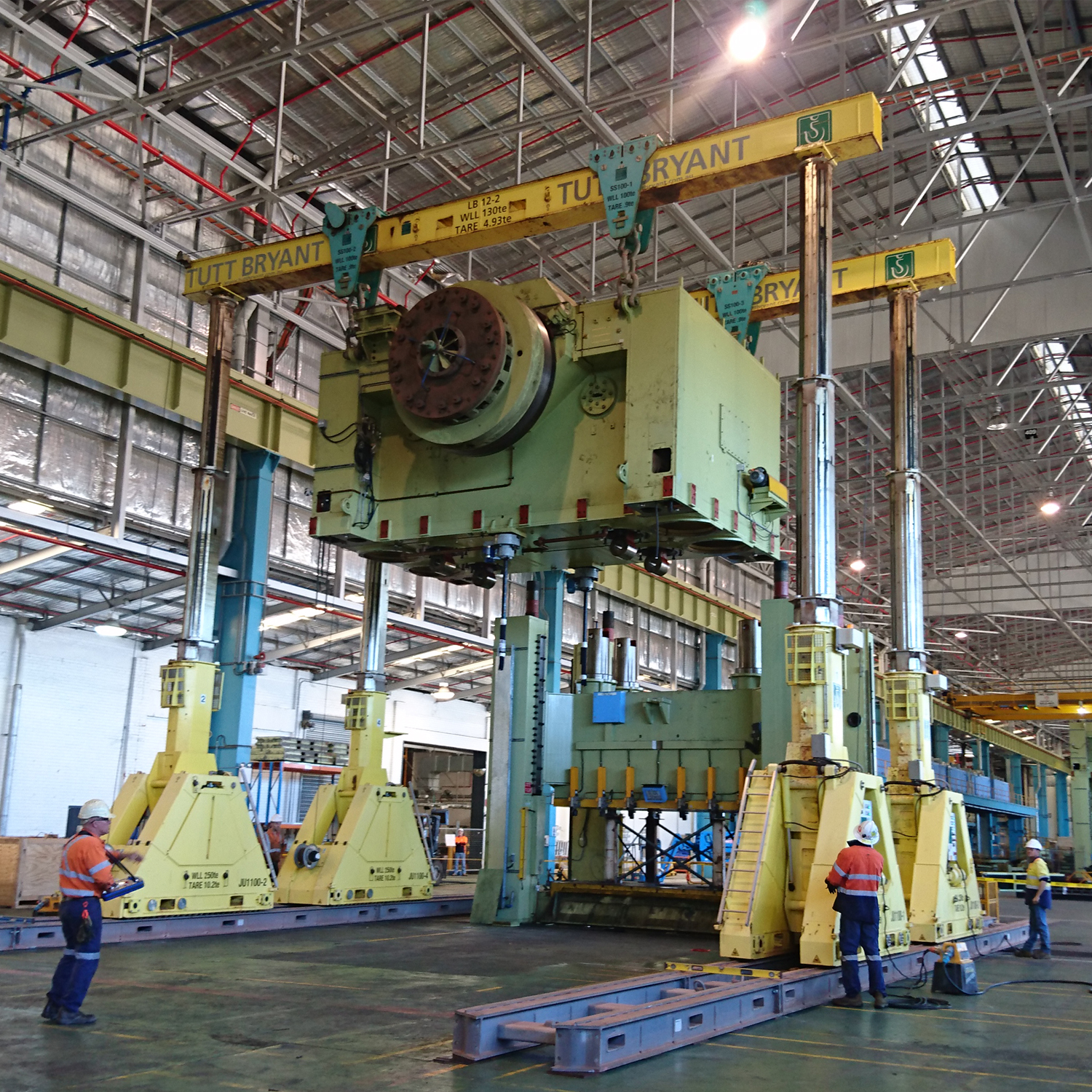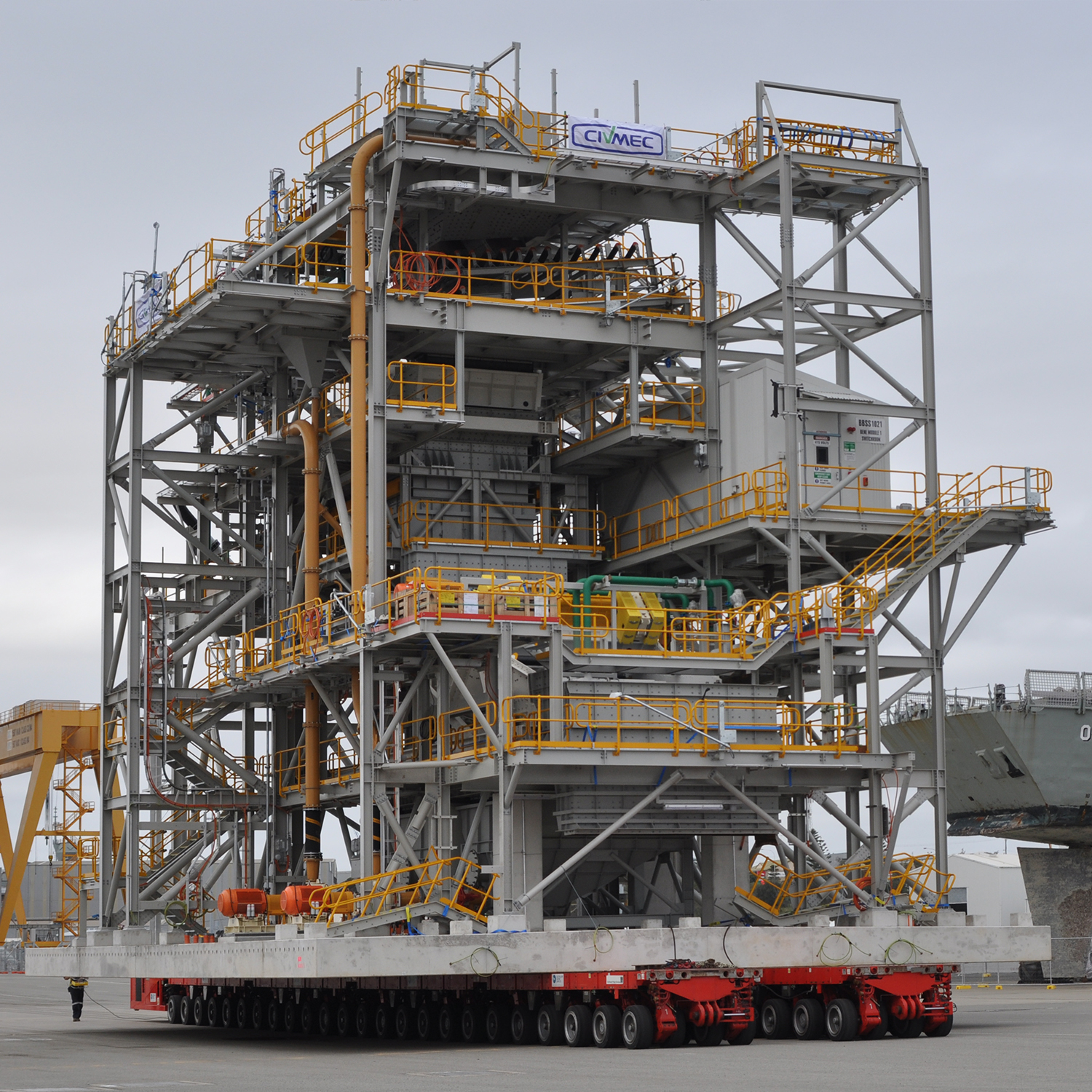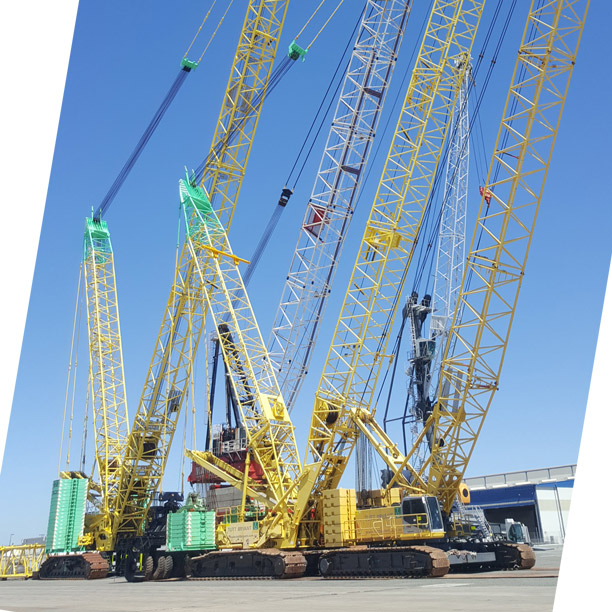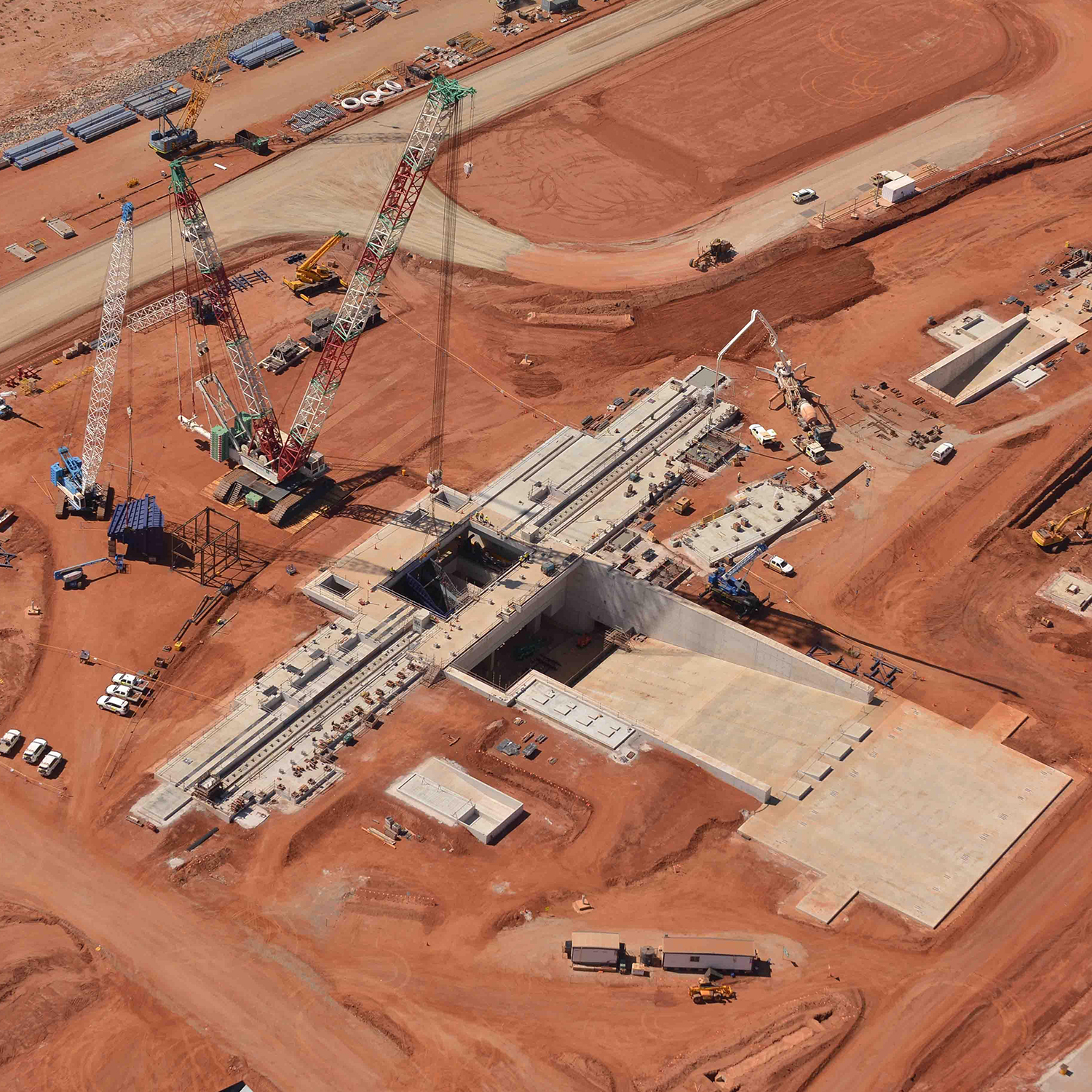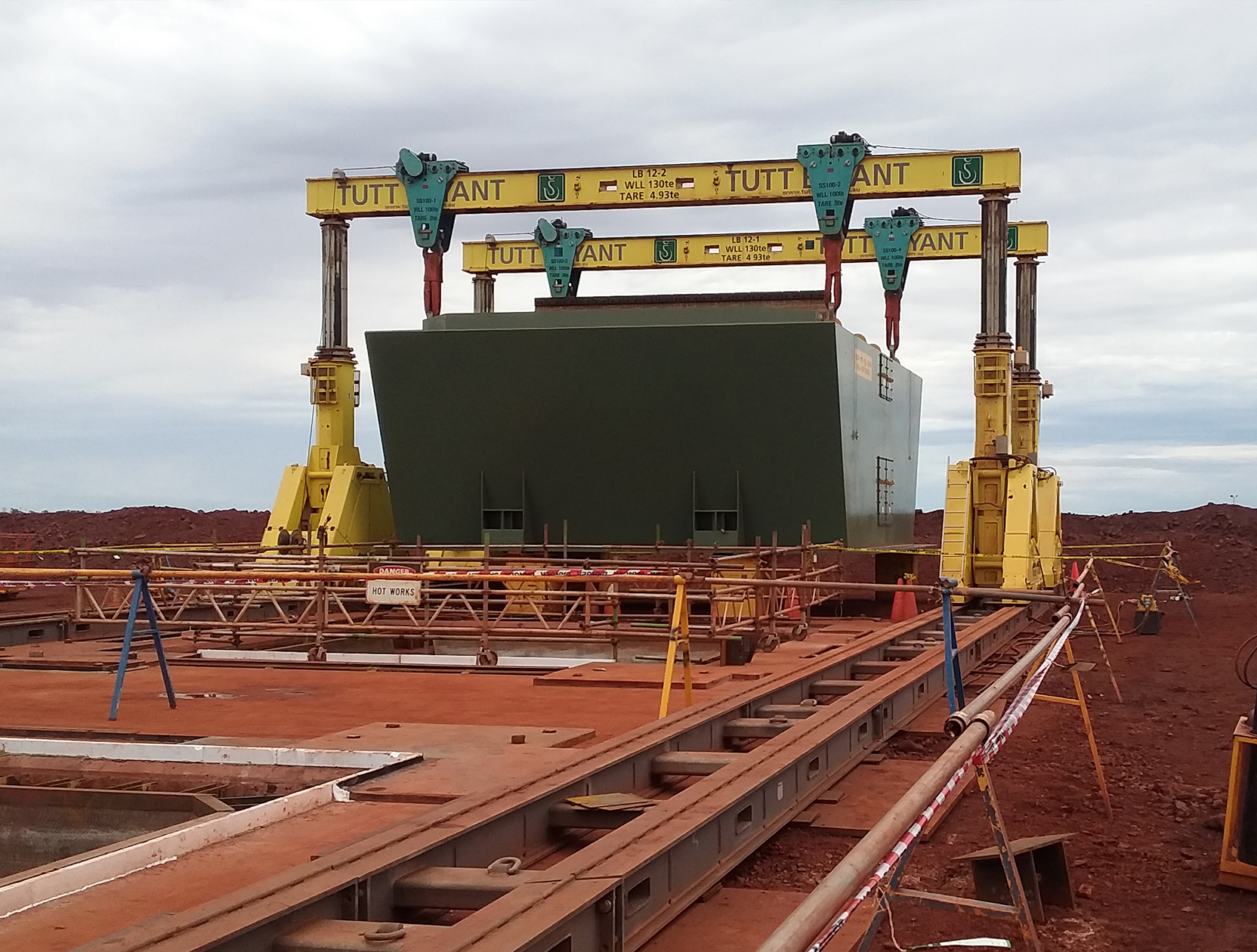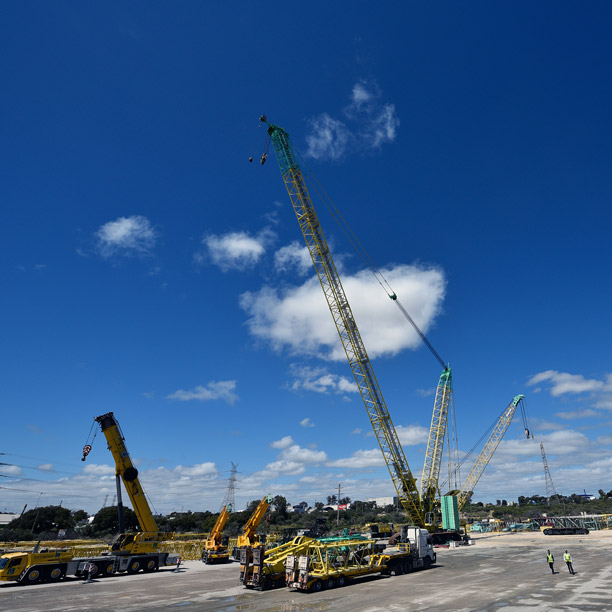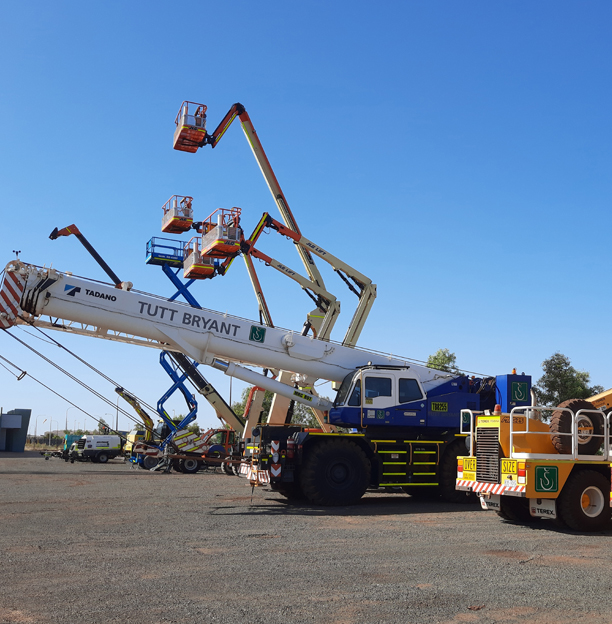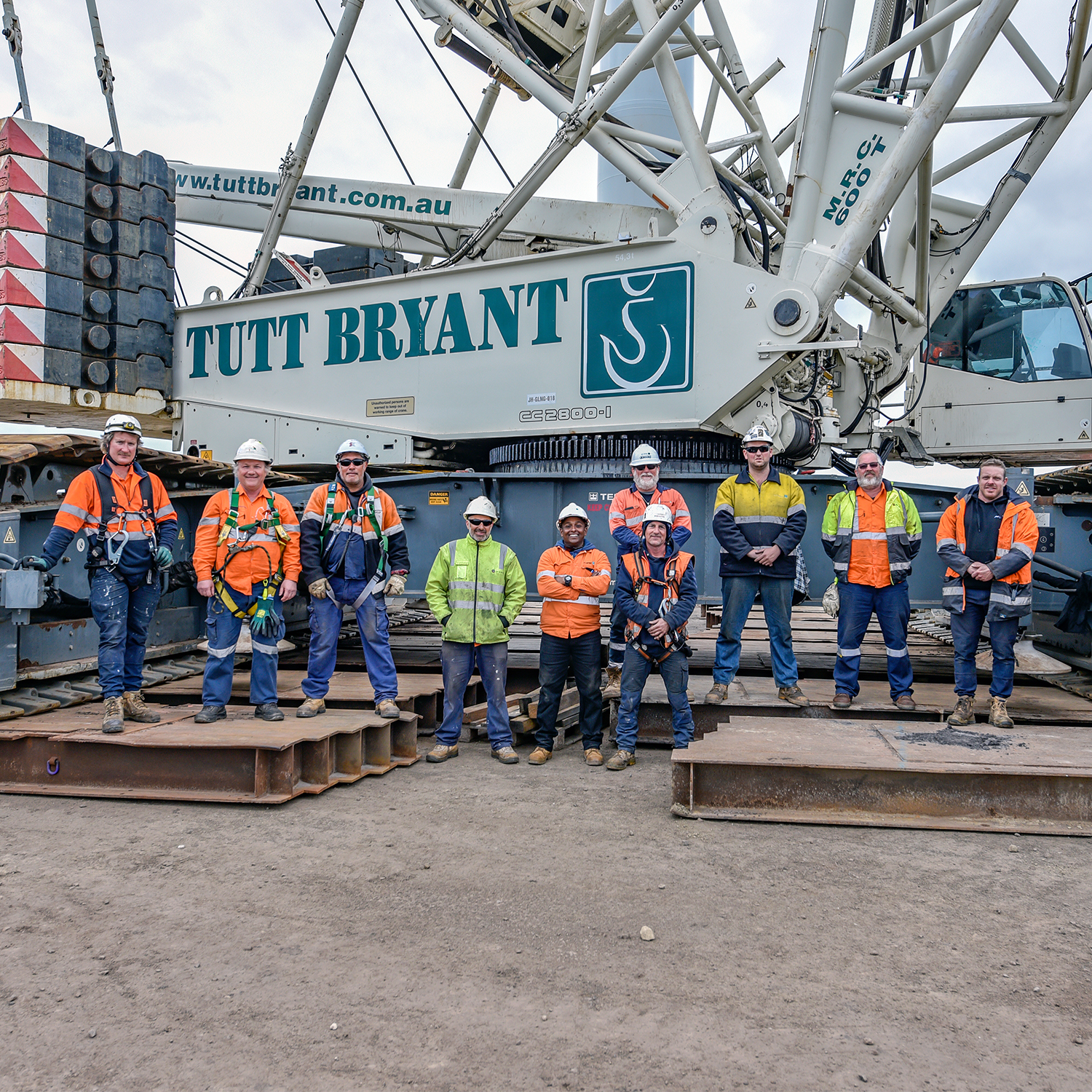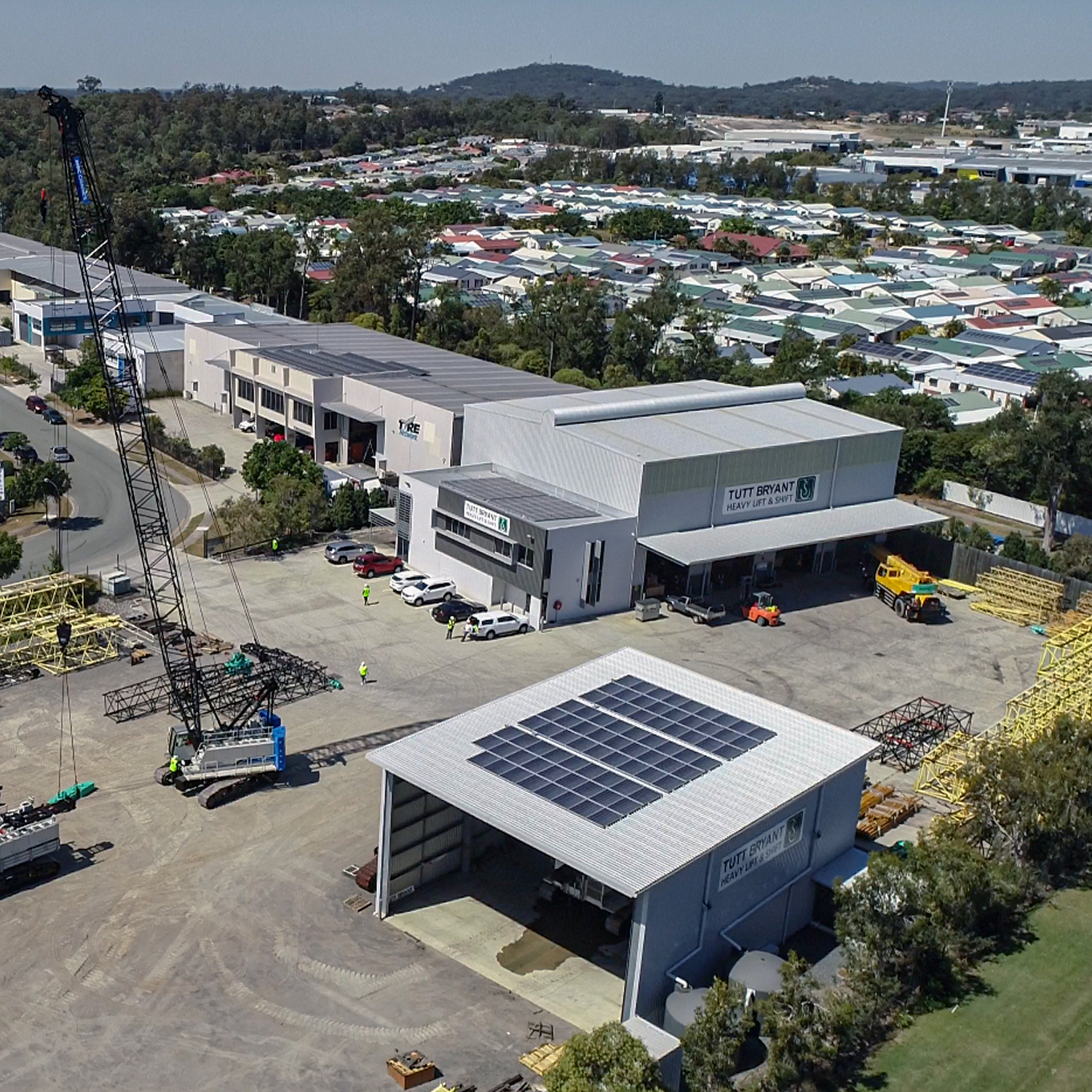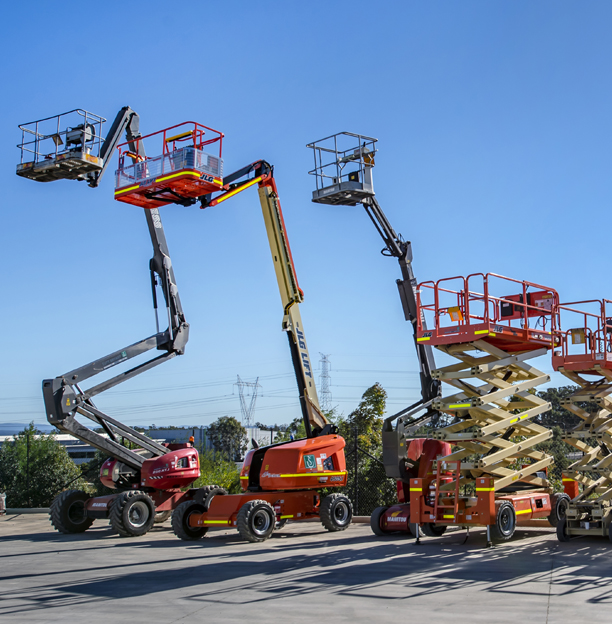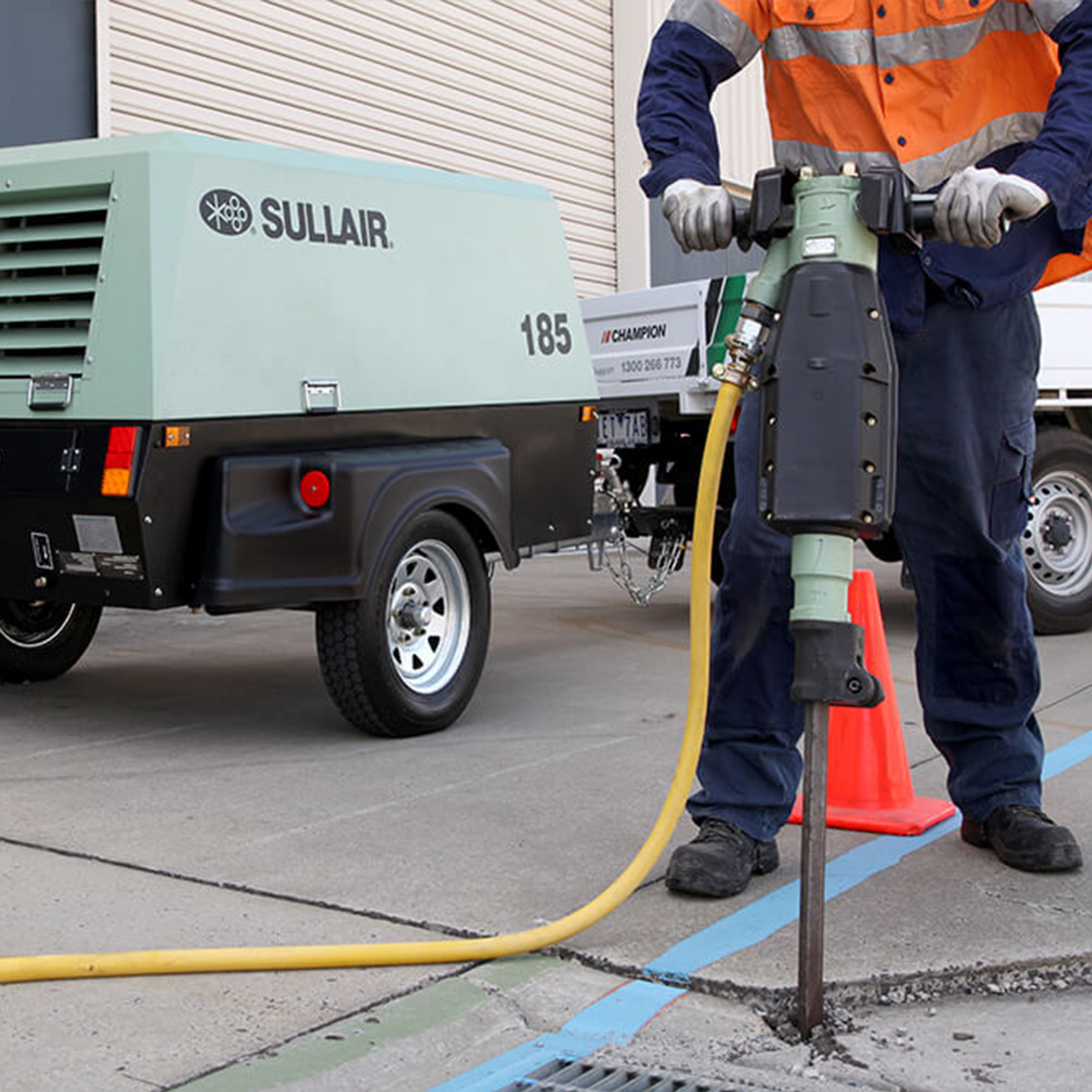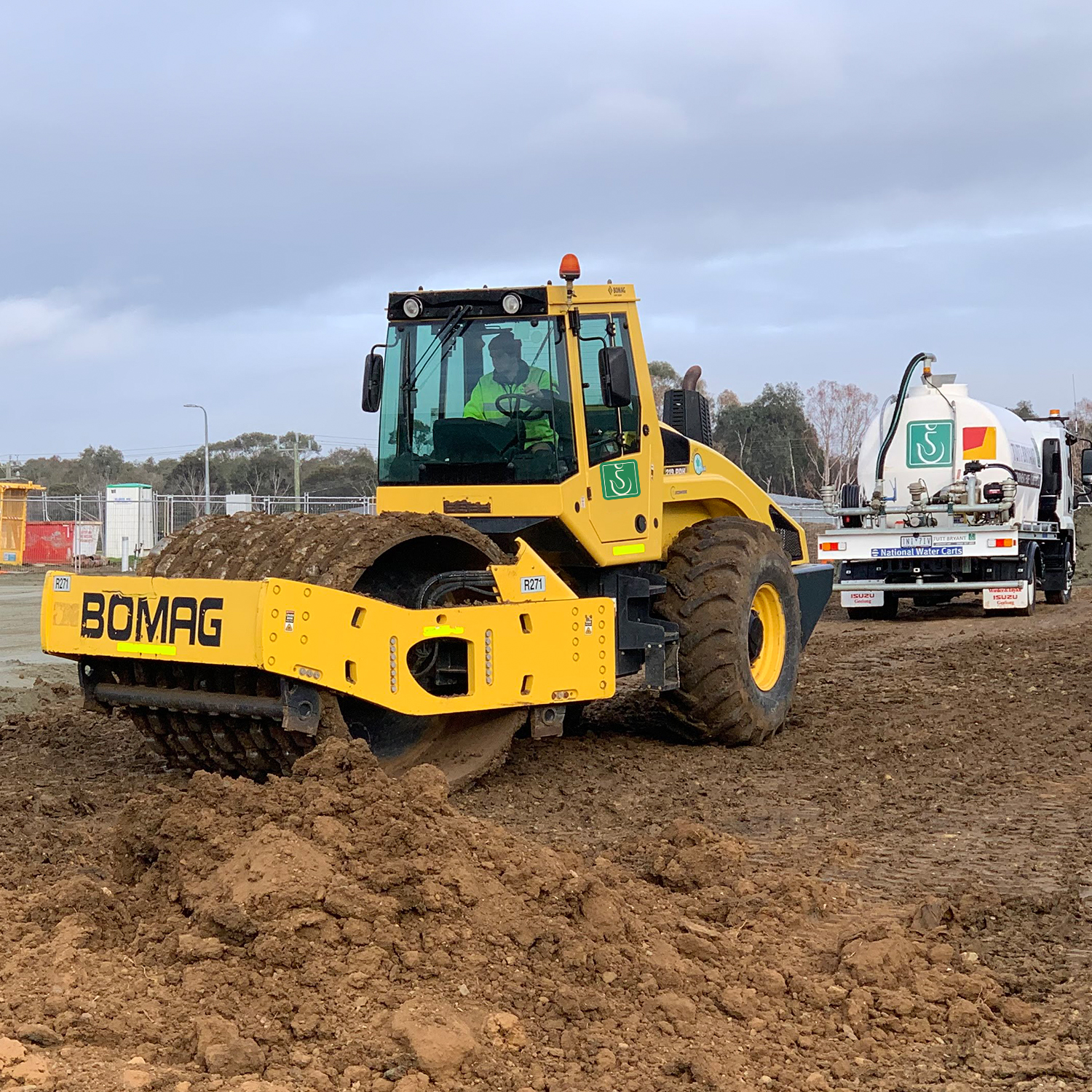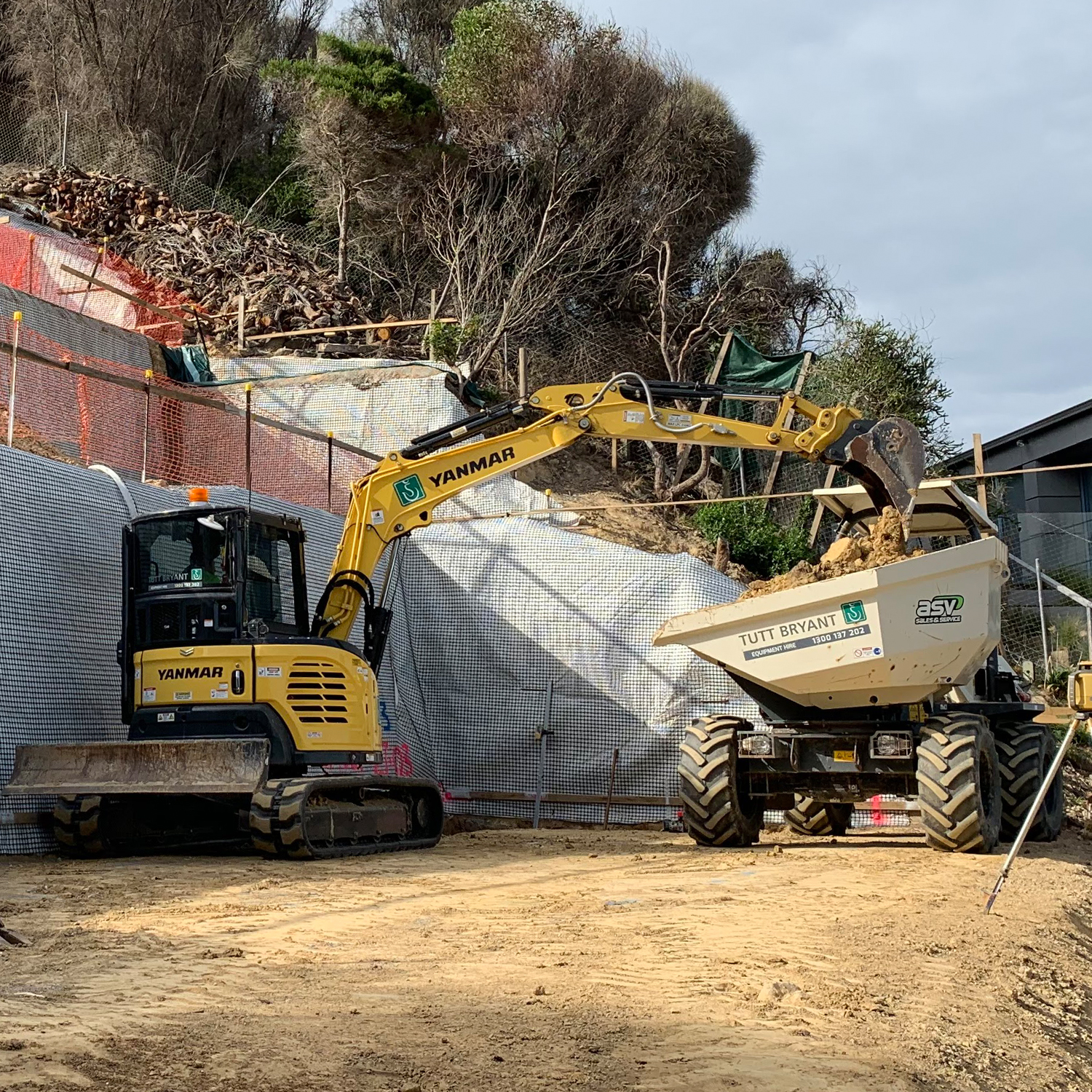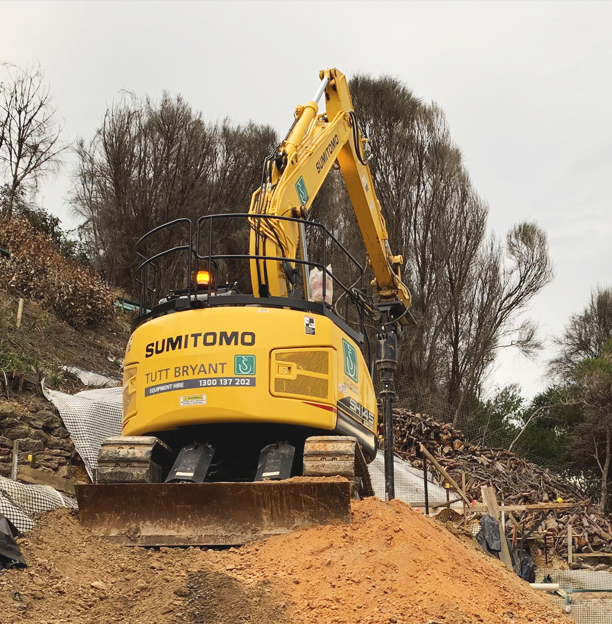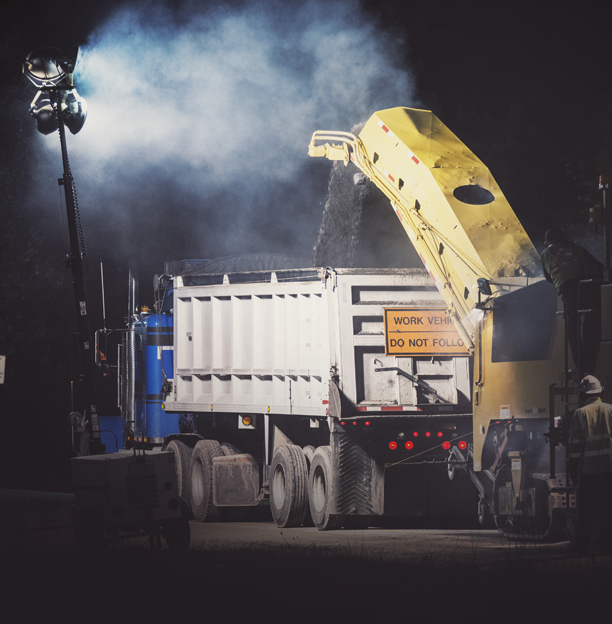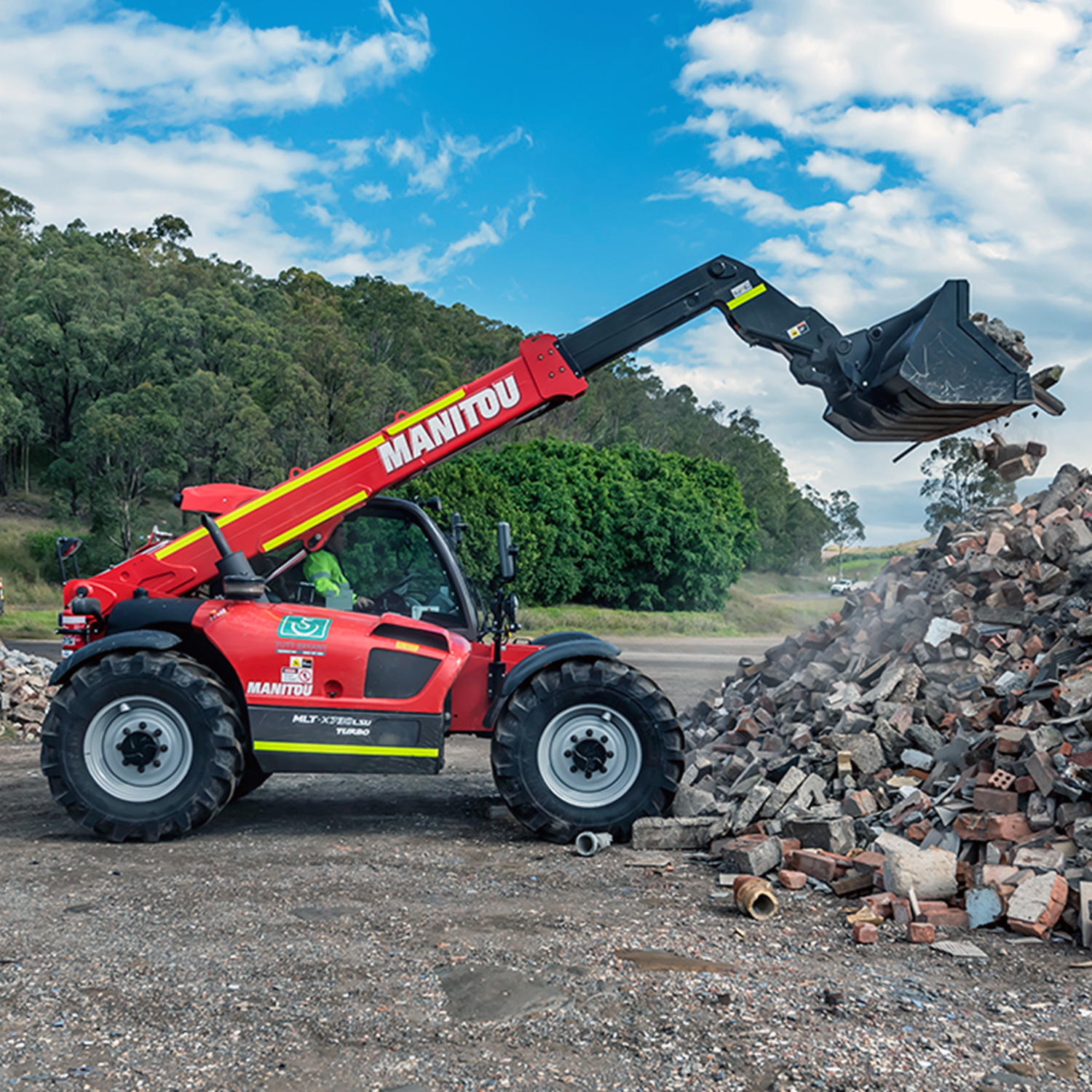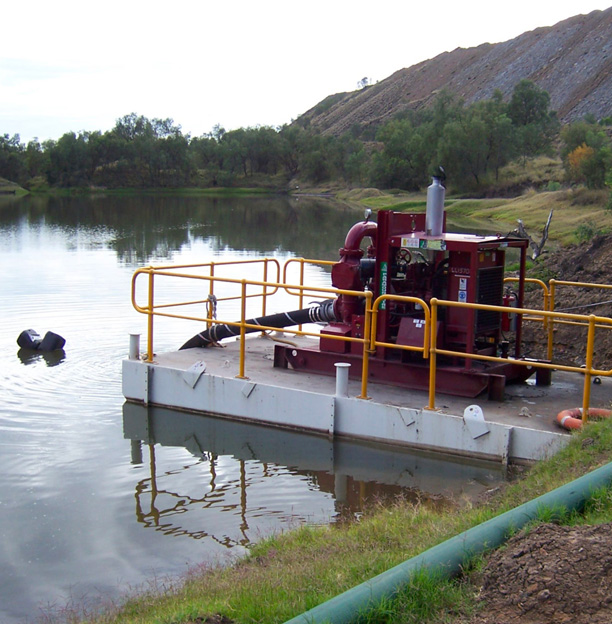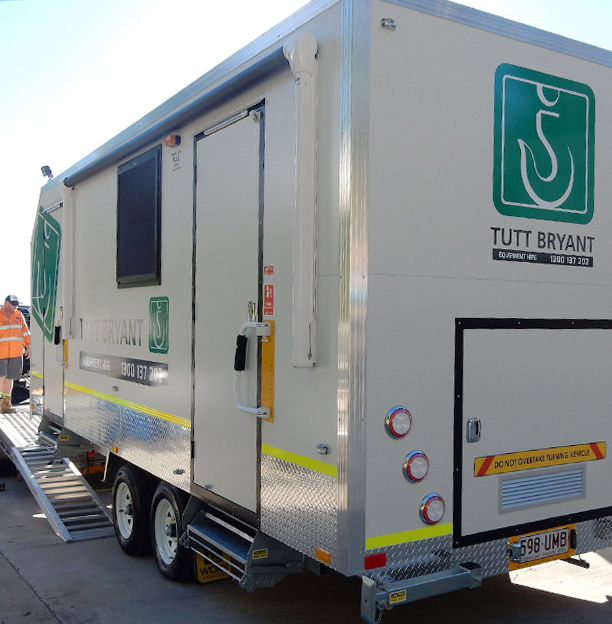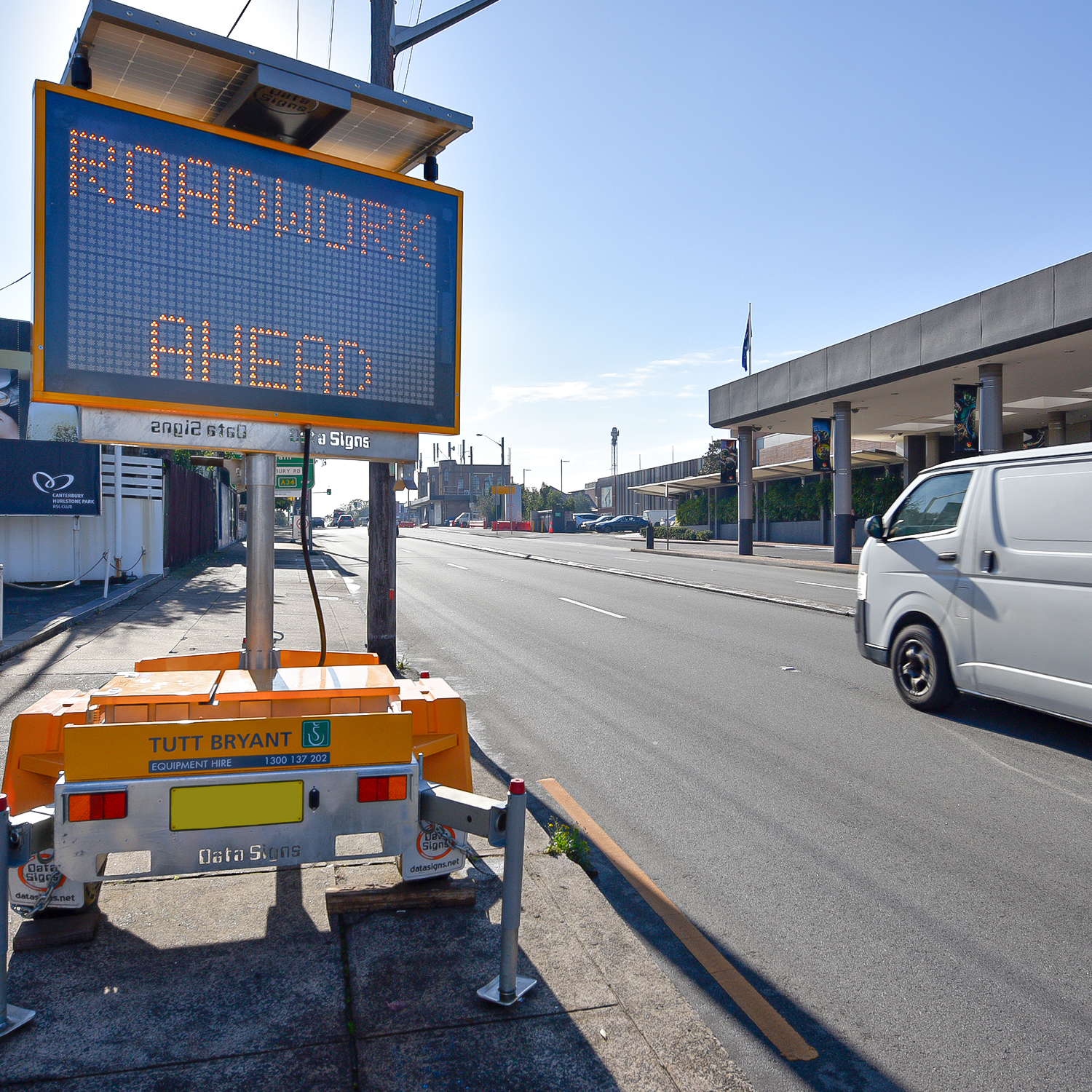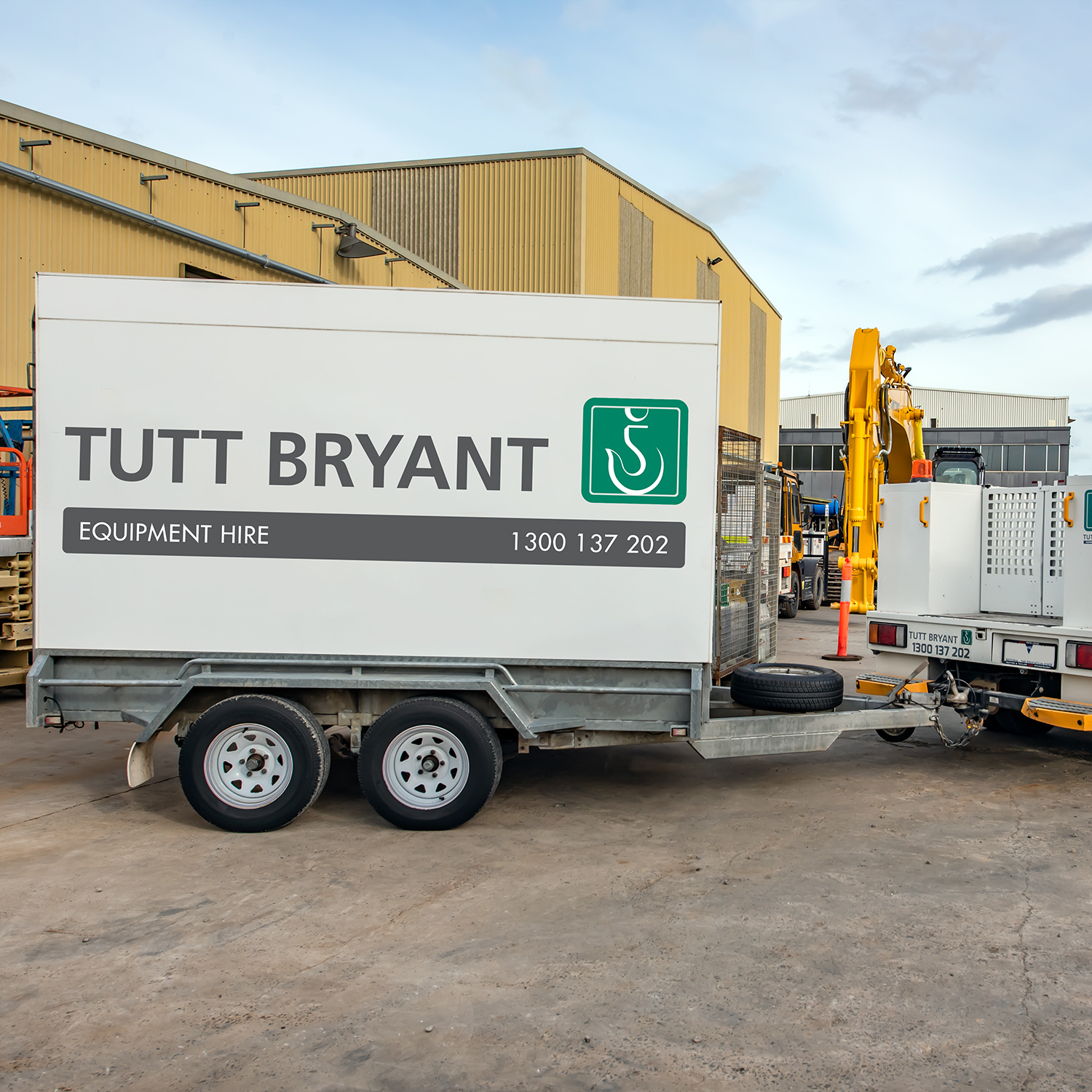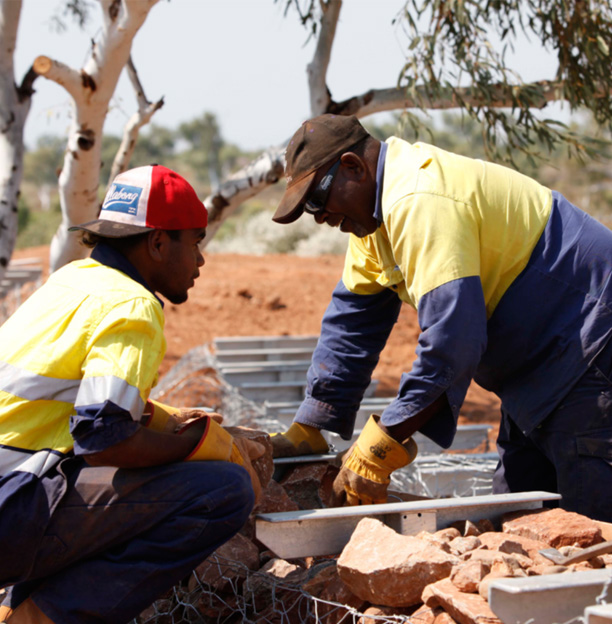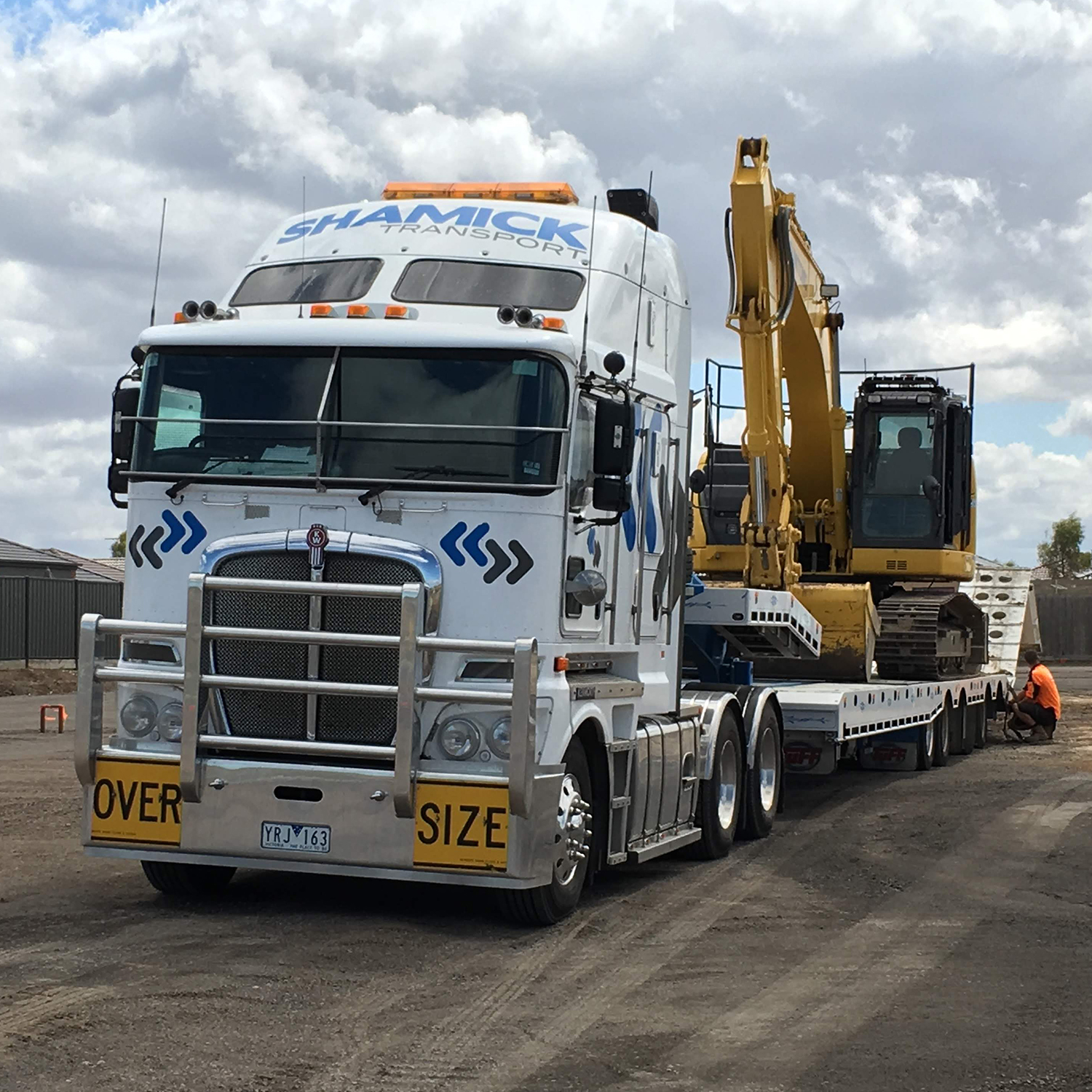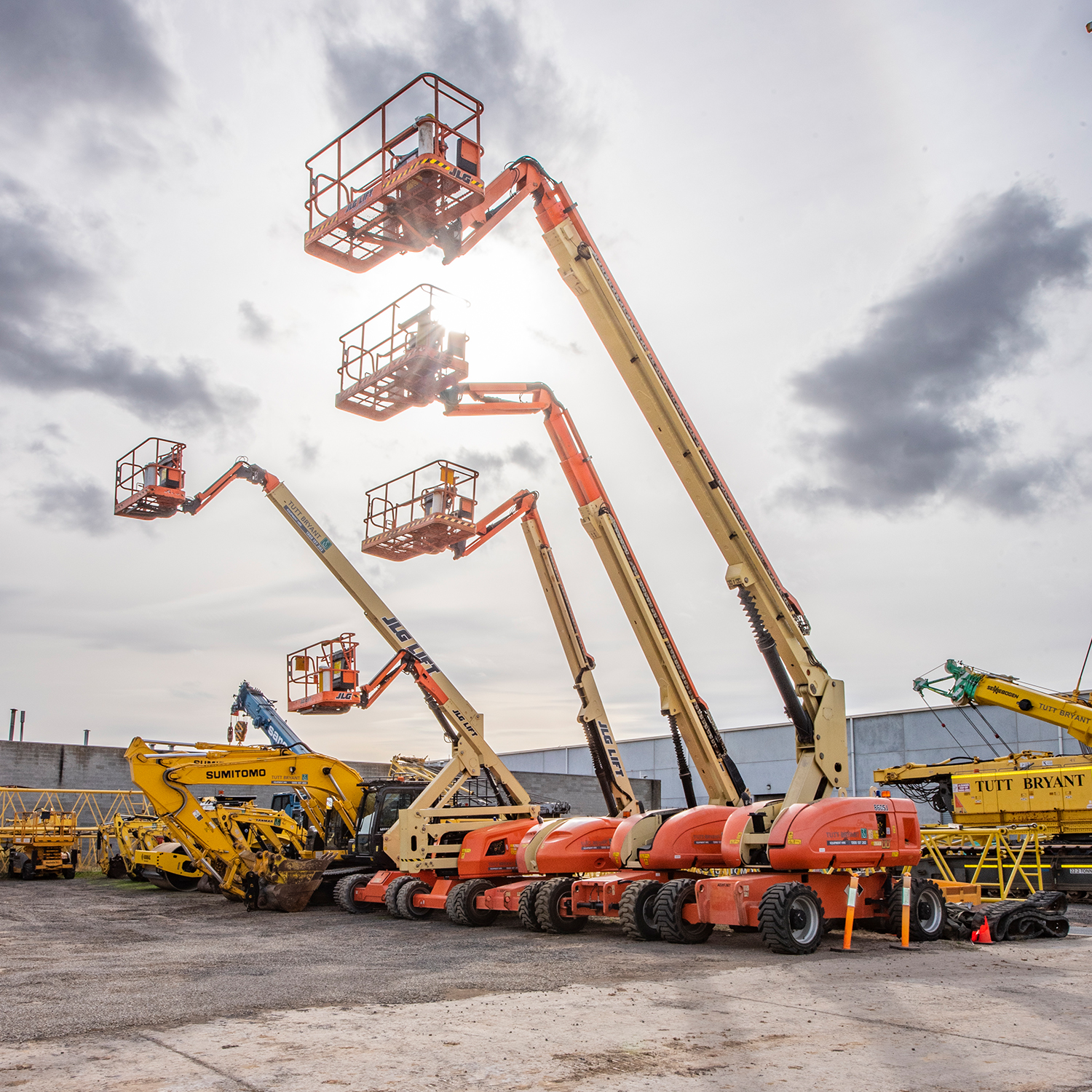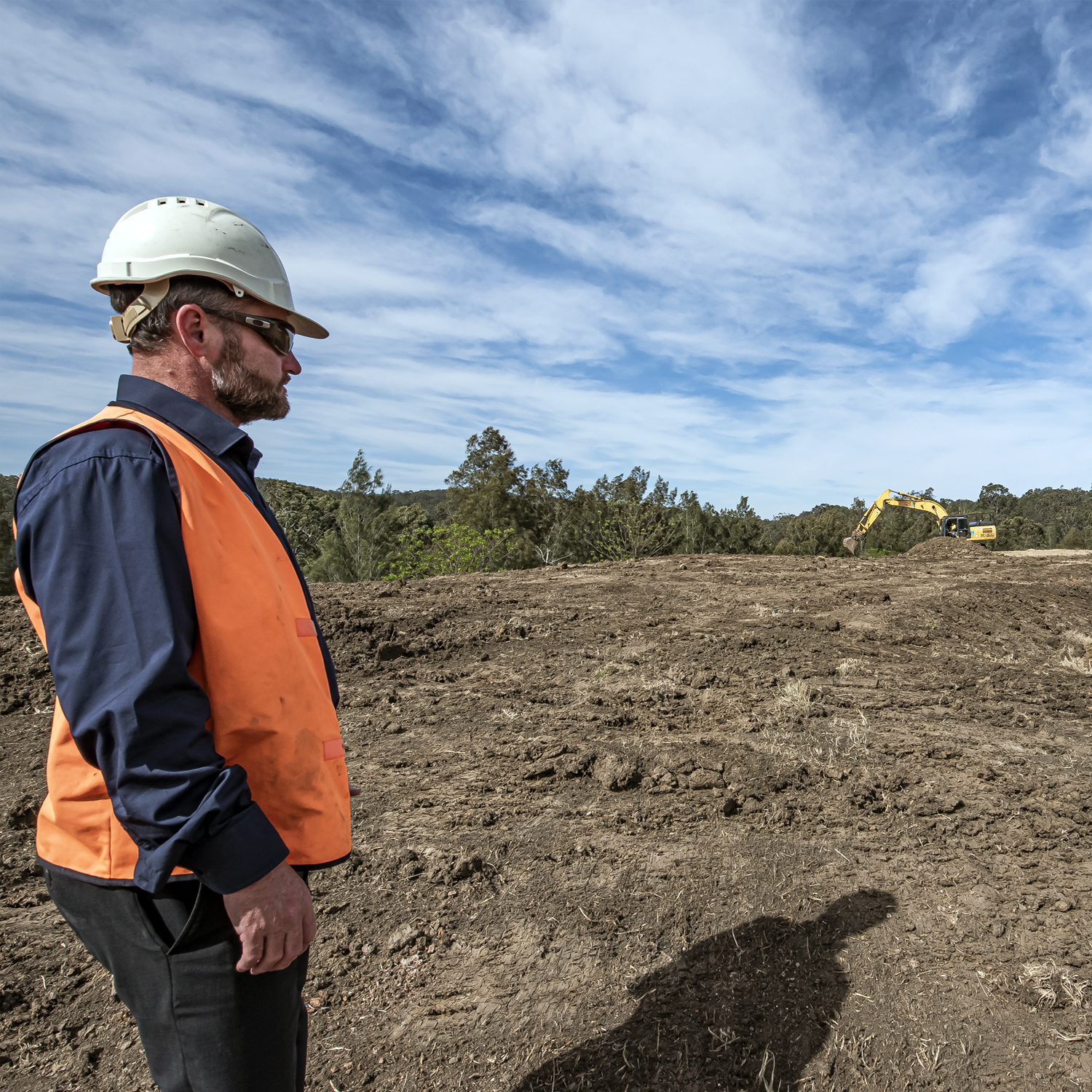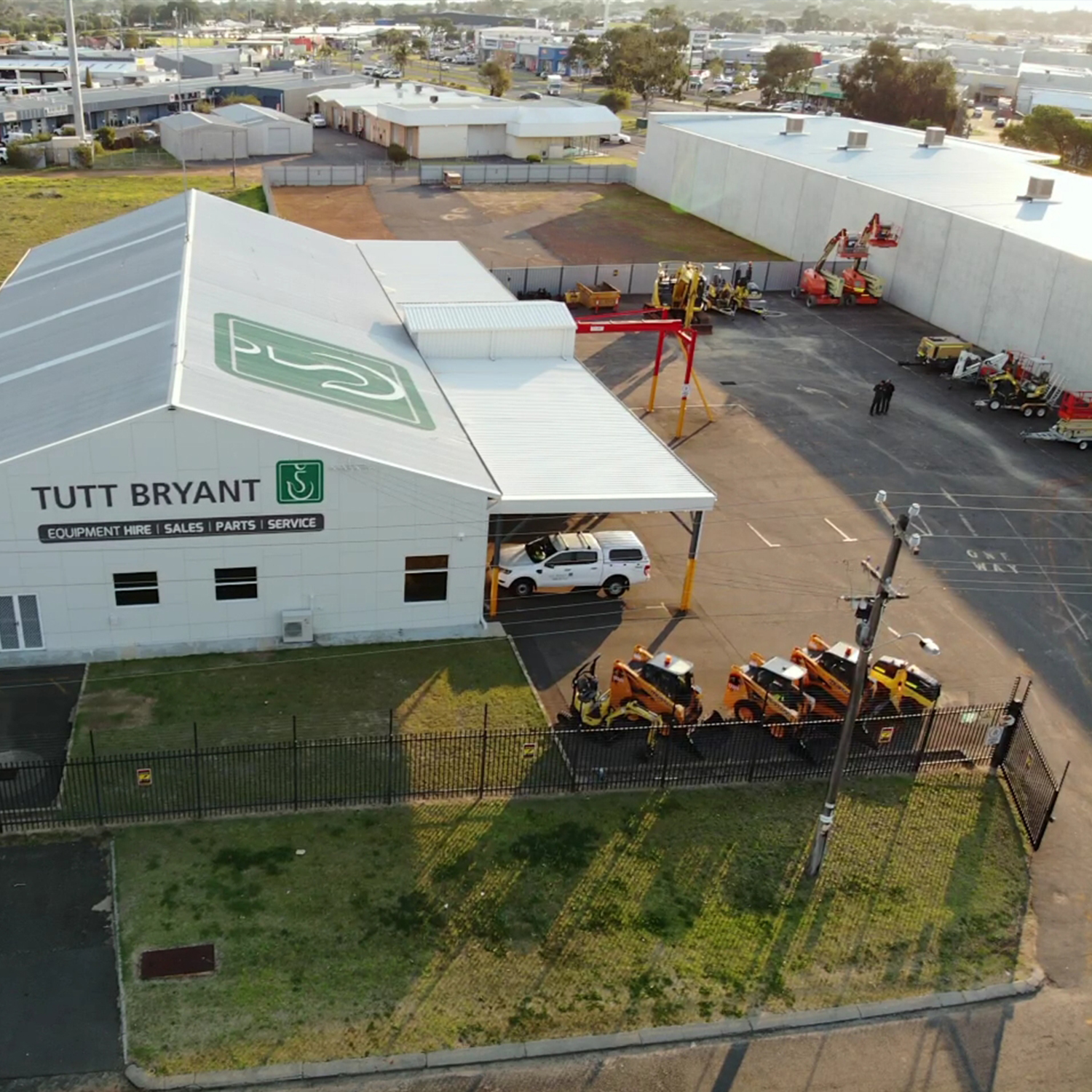High Production C&D Waste Shredding
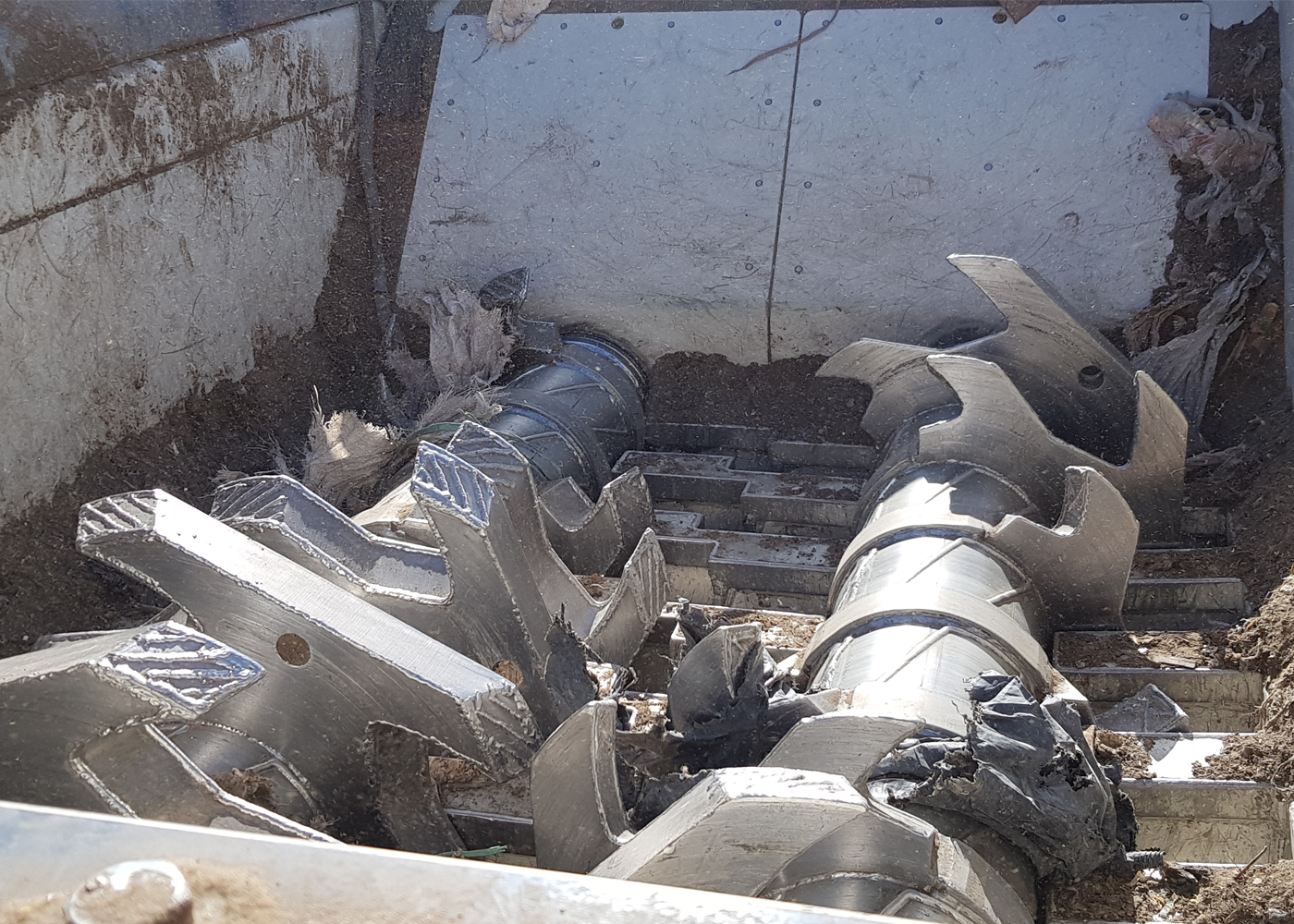
The M&J Preshred 4000M mobile shredder combines durability, portability, and power to provide a versatile shredding solution for any waste stream.
The M&J PreShred 4000M Mobile Shredder – as the name suggests, is designed as the first port of call for any waste stream that needs to be broken down to a more manageable size. This means it needs to be able to handle a wide range of materials without skipping a beat.
Tutt Bryant’s Paul Doran, Business Development Manager (Metso Outotec / M&J), says the machine’s low-speed, high-torque design is key to its effectiveness and durability. “The shafts are very heavy, and they have a lot of momentum – up to 75 kilo newtons of torque,” he says. “They cut in both directions and with multiple cutting faces, so they’re designed to break down any waste stream as quickly as possible.”
Paul says construction and demolition (C&D) waste is a great example of how varied and challenging waste streams can be.
“You’ll get chunks of concrete, steel and timber, as well as plaster board and all sorts of other bulky items,” he says. “What this shredder does is break it all down to minimise air voids in the material. This increase transport density, making your payloads higher.” Paul says there are many potentials knock-on economic and emissions savings in treating materials this way. Higher payloads allow for running fewer trucks, reducing cost per tonne of transport, and reducing the operating hours required for compactors to compact shredded waste streams going to landfill.
Shredding History
Tutt Bryant has been the Australian distributor for M&J for the past two and a half years. In that time, Paul has seen the demand for the Danish company’s shredding machinery increase.
“Australia is behind Europe when it comes to recycling, and we’re seeing the popularity of shredders such as these, rise as our country catches up,” he says. “M&J has been in Denmark for 160 years – originally as a foundry – and has been manufacturing waste shredders since 1988. There’s a lot of them installed all around the world.”
Paul says this has given the company years to refine its shredding solutions for any waste stream. “In Denmark, they reuse almost everything,” he says. “Anything that isn’t recyclable is processes to generate energy – so they won’t have landfills.
“With our landmass in Australia, we’ve historically not had to be that efficient with air space in our landfills, but those days are quickly approaching – especially as new landfill approvals are becoming harder to obtain.”
However, this doesn’t mean that shredders such as M&J’s are about to become obsolete. Paul says that Australia works to reduce waste sent to landfill, a good shredder is just as useful for resource recovery.
“One of Tutt Bryant’s customers in South East Queensland uses an M&J 4000M shredder primarily to improve resource recovery at their picking station,” he says. “With particles at a much more manageable size, it enables pickers to more easily and efficiently recover timber, plastics, steel or concrete which improves recyclable recovery yields and reduces the volume going to landfill.”
The machine also features a perpendicular magnet mounted above the product conveyor, which can be engaged to separate ferrous metal from shredded waste. “If you’re shredding something with any metal in it, it can be lifted out of the way so you can shred as fast as possible,” Paul says. “But if there’s metal that you want to recover and sell rather than send to landfill, you can place a skip bin underneath and it will all be separated out.”
Built to Last
Paul says M&J’s long history and experience in all corners of the waste world means its products are designed to tackle anything – and to maximise durability while they’re at it.
“They have a range of knife sets available for various specific applications, and these are welded onto the shafts for maximum strength,” he says. These knife sets can be supplied on interchangeable cutting tables, which allow operators to easily swap them out for different applications or waste streams.
The 4000M is also designed for self-preservation in situations where there is a risk of damaging the knives. “It’s set up so that any fine material fed into the hopper will fall through the cutting table onto the conveyor below,” Paul says. “This simple concept allows anything that doesn’t need attention from the knives, and that might be abrasive and cause needless wear, to pass straight through.”
“There is also a large area between the cutting table and the product conveyor below, which improves access for maintenance, but also allows bulky materials that passes through to be quickly whisked away to avoid any sort of stoppages due to material build-up.”
“And, if the machine does detect something in the hopper that can’t be shredded, it will have round five attempts to shred it before alerting the operator and powering down to avoid serious damage. This provides some comfort to the owner that the machine will not try and destroy itself.”
The 4000M also comes standard with a camera mounted in the hopper, which connects to a small, dedicated monitor which can be mounted in the cab of a loader or excavator. “This allows the operator to see the knives working, and easily identify a foreign object or any sort of build-up in the hopper without leaving the comfort of the machine’s cab,” Paul says.
Performance Optimisation
All M&J shredders are equipped with M&J Metrics – a fleet management system providing remote monitoring for operational and maintenance data, including for power consumption and usage, and to help diagnose and address faults.
“The operator, owner, or fleet manager can monitor the performance and health of the machine, fuel usage, pressure on the shafts, and a vast range of performance data,” Paul says. “It enables them to make informed decisions about when to plan maintenance or order parts.”
The 4000M is powered by a CAT C15 engine, which Paul says offers a great balance of power and emissions. “Caterpillar and M&J have put a lot of work into optimising the engine and the machine, which enables us to do full services every 500 hours, rather than the standard 250 hours,” he says. “This means less downtime, meaning more hours of operation, more productivity, and more potential for profit.”
Tutt Bryant’s national footprint for parts and services also helps keep M&J machines running for longer. “When you combine all our warehouses, Tutt Bryant Hire and Tutt Bryant Heavy Lift & Shift, we have nearly 30 locations around the country,” Paul says. “After all, there’s no point in having a great machine if you can’t access the parts and support to help keep it that way.”
SOURCE: Waste Management Review
Click here to learn more about the M&J PreShred 4000M Mobile Shredder. Or contact:
Paul Doran
Business Development Manager (Metso Outotec / M&J Recycling)
0417 970 547
paul.doran@tuttbryant.com.au
Tutt Bryant Equipment:
About Us | Our M&J Range
We are equipment sales and after-sales support division of the Tutt Bryant Group.
